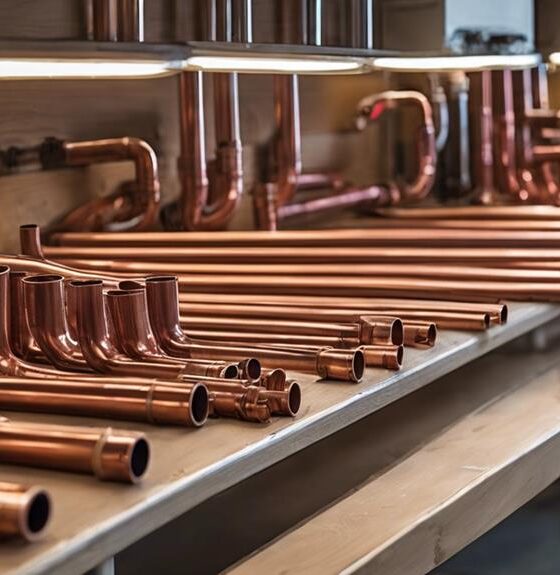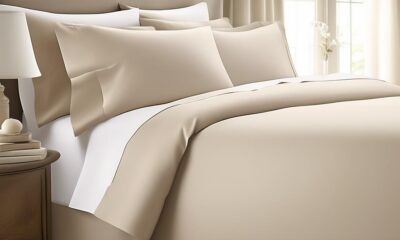Appliances
9 Steps to Resolve Uneven HVAC Heating & Cooling
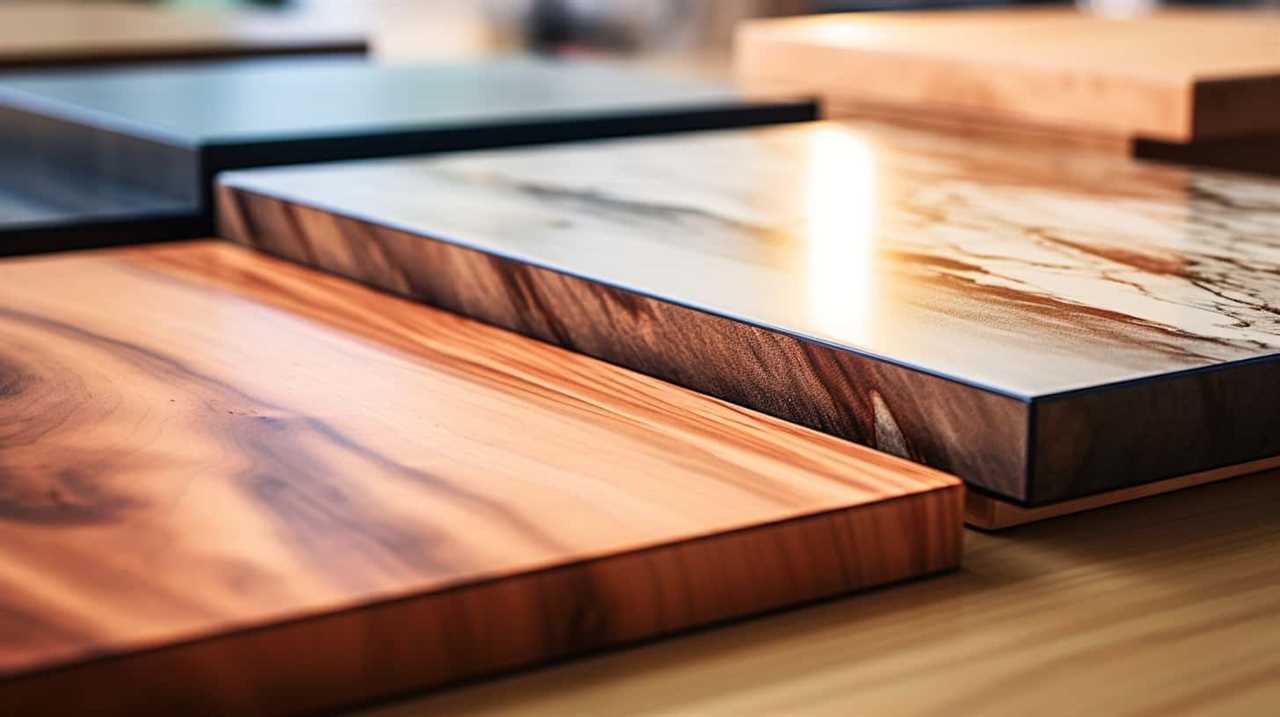
Are you tired of dealing with uneven heating and cooling in your home? Well, we’ve got the solution for you!
In this guide, we will walk you through 9 simple steps to resolve this common HVAC issue.
You may not know this, but there are various factors that can contribute to uneven temperatures throughout your home. By following our expert advice, you’ll be able to identify and address these issues like a pro.
From checking air filters and inspecting ductwork for leaks to adjusting thermostat settings and considering a zoning system installation, we’ve got you covered.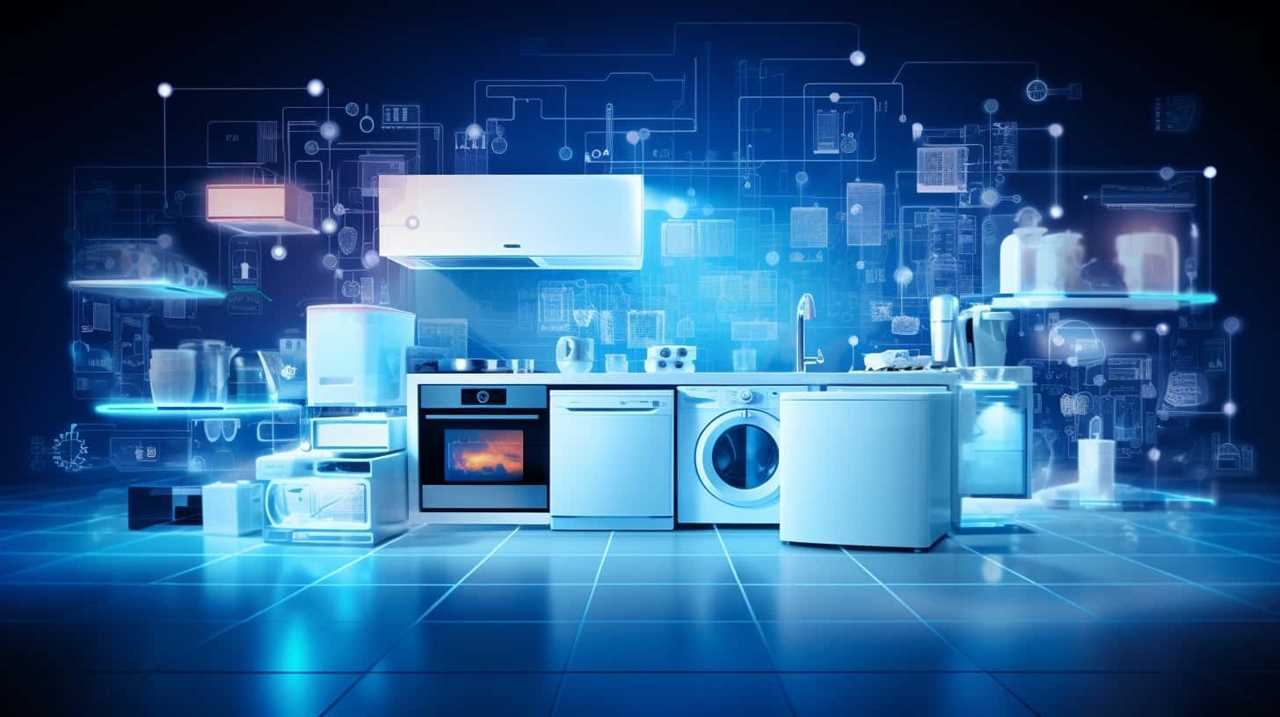
Say goodbye to hot and cold spots, and say hello to a perfectly balanced indoor climate.
Get ready to master your HVAC system and enjoy ultimate comfort all year round!
Key Takeaways
- Regular maintenance and inspection, such as checking air filters and inspecting ductwork, can help identify and resolve issues that may be causing uneven heating and cooling.
- Proper insulation is important for maintaining temperature control and reducing heat transfer, which can help address uneven heating and cooling.
- Adjusting thermostat settings, including temperature zoning and fan speed, can help achieve more even temperature distribution throughout the space.
- Upgrading insulation materials and adding insulation to attics, walls, and floors can improve energy efficiency and create a more comfortable living environment by addressing uneven heating and cooling.
Check Air Filters
We should start by checking our air filters to resolve uneven HVAC heating and cooling. Air filter maintenance is essential for proper functioning of your HVAC system. Over time, air filters accumulate dust, dirt, and other particles, which can obstruct the airflow and compromise the efficiency of the system. To maintain optimal performance, it’s recommended to replace air filters regularly, typically every 1 to 3 months, depending on usage and the type of filter. Neglecting filter replacement can result in reduced airflow, increased energy consumption, and even system breakdowns.
To check your air filters, locate the filter compartment, usually found near the air handler or furnace. Turn off the system before removing the filter. Inspect the filter for dirt and debris accumulation. If the filter appears dirty or clogged, it’s time for a replacement. When replacing the filter, ensure you select the correct size and type for your HVAC system. High-efficiency filters may provide better air quality, but they may also restrict airflow if not compatible with your system. Consult the manufacturer’s recommendations or seek professional advice if unsure.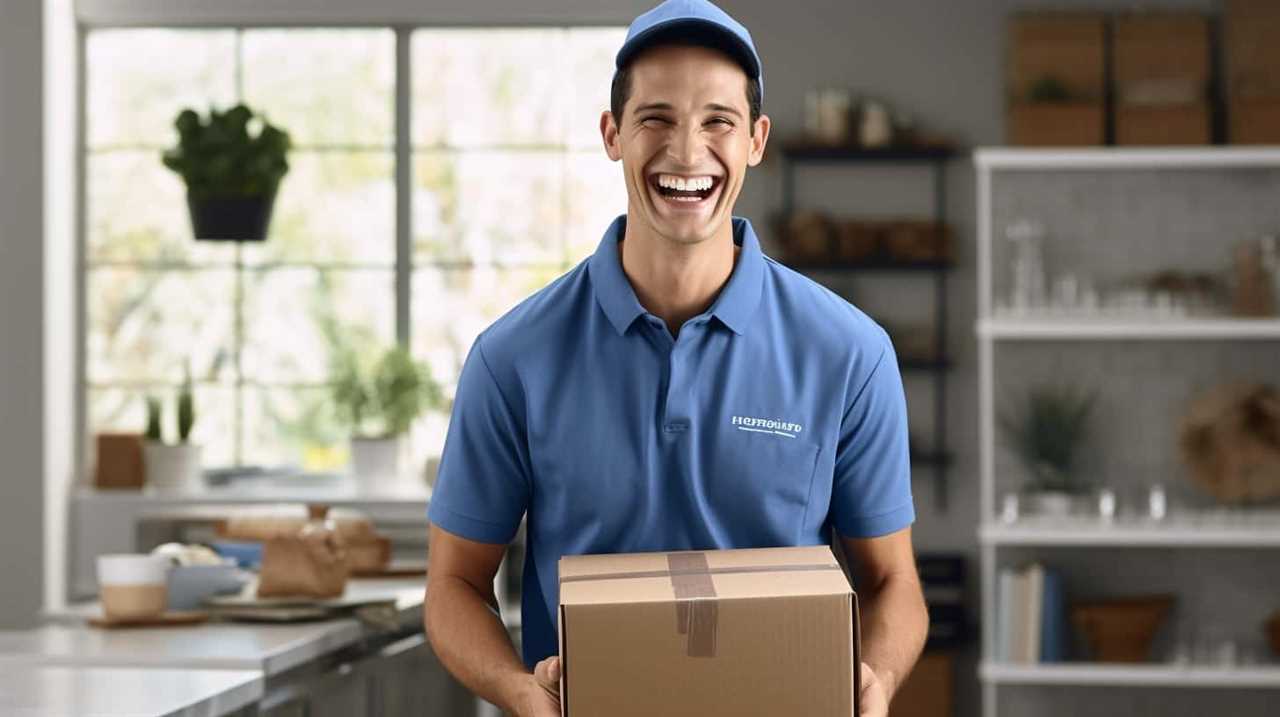
By regularly maintaining and replacing your air filters, you can improve the performance and longevity of your HVAC system. Moreover, addressing air filter issues is just the first step towards achieving balanced heating and cooling.
Now, let’s move on to the next section and inspect the ductwork for leaks.
Inspect Ductwork for Leaks
Now let’s examine the ductwork for any potential leaks. Inspecting the ductwork thoroughly is crucial in resolving uneven HVAC heating and cooling. Leaky ducts can lead to significant energy loss and reduced system efficiency, resulting in uneven temperature distribution throughout your home or building.
To inspect the ductwork, start by visually examining the ducts for any visible signs of damage or disconnection. Look for loose connections, holes, cracks, or gaps in the ducts. Pay close attention to joints, bends, and areas where the ducts connect to the registers or air handler.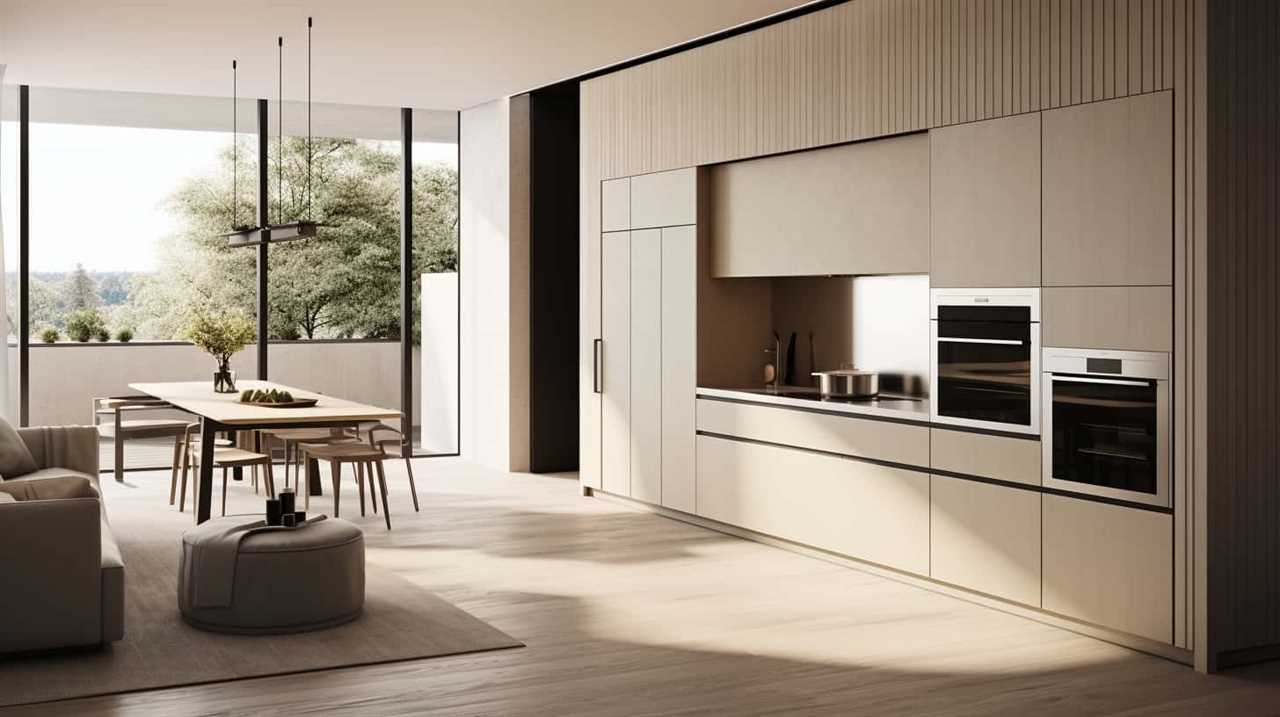
After a visual inspection, it’s important to perform a more detailed assessment using ductwork repair techniques. One effective method is the smoke test, where smoke is blown into the ducts to identify any leaks. Another technique involves using an infrared camera to detect temperature variations along the ducts, indicating potential air leaks.
Once the leaks are identified, ductwork repair techniques can be employed to fix them. These techniques may include sealing the leaks with duct tape or mastic sealant, or replacing damaged sections of the ductwork altogether.
Balance Air Registers
To achieve optimal HVAC performance and resolve uneven heating and cooling, it’s essential to balance the air registers throughout your home or building. Proper airflow balance and register placement play a crucial role in maintaining a comfortable indoor environment. Here are three key considerations to keep in mind:
- Evaluate register locations: Assess the placement of air registers in each room to ensure they’re positioned strategically. Ideally, registers should be located near windows or exterior walls to promote efficient air circulation. Additionally, ensure that furniture or obstructions aren’t blocking the registers, as this can impede airflow.
- Adjust damper settings: Most air registers are equipped with dampers that allow you to control the amount of air flowing into a room. By adjusting the damper settings, you can redirect airflow to areas that require more heating or cooling. This helps to balance the temperature throughout your home or building.
- Consider zoning systems: If you have a larger space or multiple floors, implementing a zoning system can further enhance airflow balance. This system allows you to divide your home into different zones, each with its own thermostat and separate control over airflow. By individually regulating the temperature in each zone, you can optimize comfort and energy efficiency.
Clean and Maintain Outdoor Unit
After evaluating register locations and adjusting damper settings, it’s important to clean and maintain the outdoor unit of your HVAC system to ensure optimal performance. Outdoor unit maintenance plays a crucial role in the overall functionality and efficiency of your HVAC system. Neglecting proper cleaning and maintenance can lead to common maintenance mistakes that can impact the system’s performance and lifespan.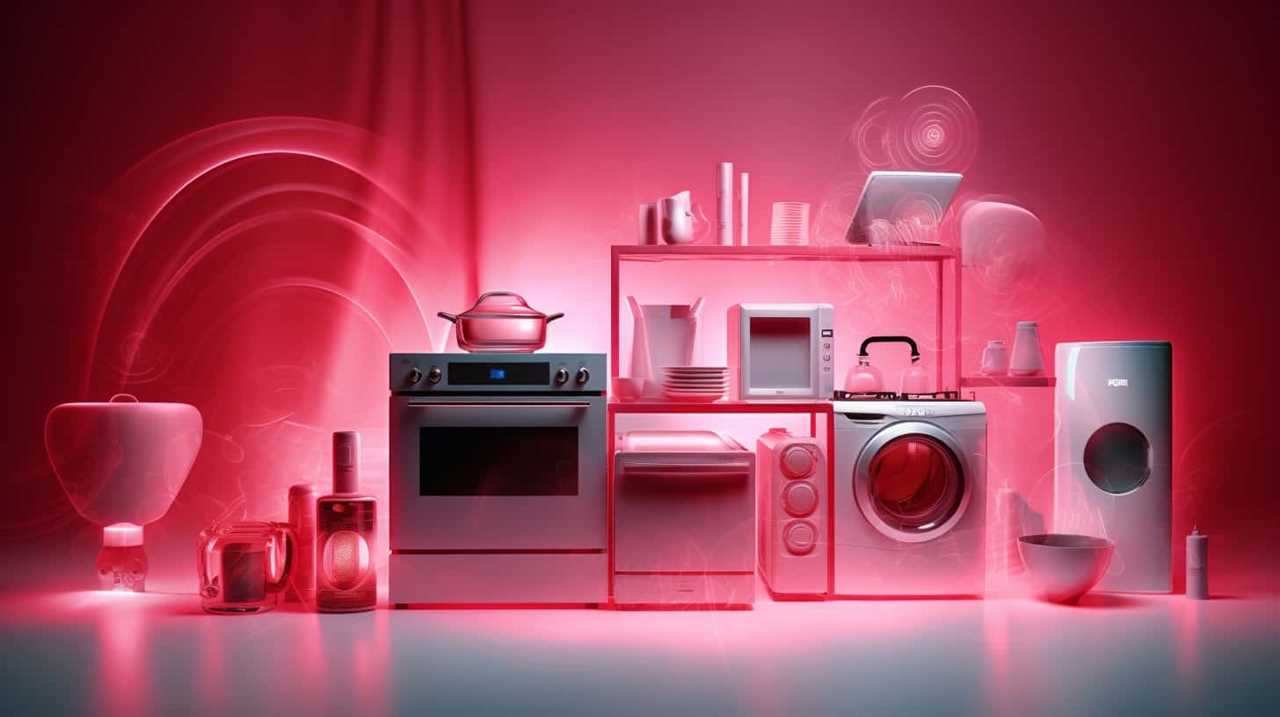
Regularly cleaning the outdoor unit is essential to remove dirt, debris, and leaves that can accumulate on the unit’s coils, fins, and fan blades. These contaminants can hinder proper airflow and reduce the unit’s efficiency. Using a soft brush or vacuum cleaner, gently remove any debris from the fins and coils. Be cautious not to damage the delicate fins during the cleaning process.
Another important aspect of outdoor unit maintenance is inspecting and cleaning the condenser coils. Over time, these coils can become dirty and clogged, affecting the unit’s ability to transfer heat. Use a coil cleaner or a mild detergent mixed with water to clean the coils, ensuring they’re free from dirt and grime.
Additionally, it’s crucial to trim any vegetation or overgrown plants around the outdoor unit. Plants or shrubs too close to the unit can obstruct airflow and impede proper heat dissipation. Maintain a clearance of at least two feet around the unit to allow adequate airflow and prevent any potential damage.
Ensure Proper Insulation
Proper insulation plays a crucial role in maintaining temperature control within a building. It helps to prevent heat transfer, ensuring that the desired temperature is maintained throughout the space.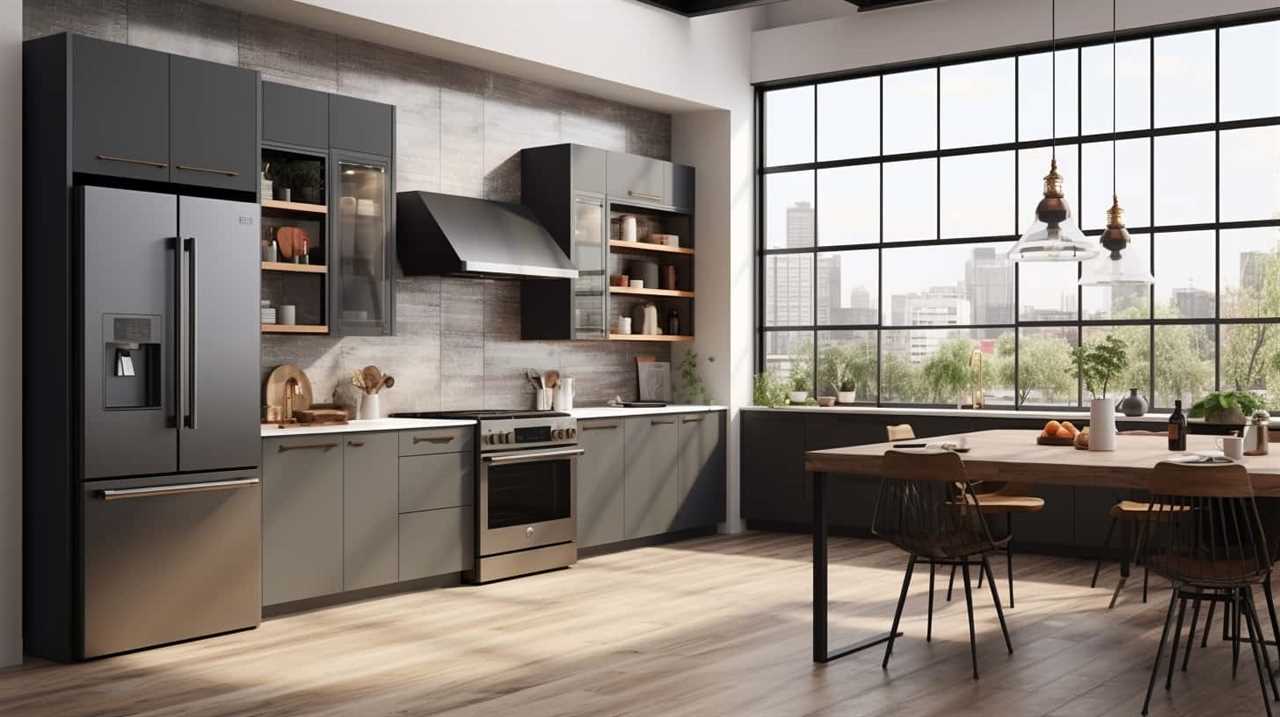
Inadequate insulation can lead to uneven heating and cooling, as well as increased energy consumption.
Insulation and Temperature Control
We frequently check and maintain proper insulation to ensure optimal temperature control in our HVAC system. Insulation plays a crucial role in maintaining a consistent and comfortable temperature inside our homes. Here are three key benefits of proper insulation:
- Energy efficiency: Proper insulation helps to reduce heat transfer between the interior and exterior of our home. By minimizing the amount of heat that escapes during winter and enters during summer, we can significantly reduce our energy consumption. This not only lowers our utility bills but also reduces our carbon footprint.
- Improved comfort: Good insulation ensures that the temperature remains consistent throughout our living spaces. It prevents drafts, cold spots, and heat loss, creating a more comfortable environment for us and our families.
- Noise reduction: Insulation also acts as a sound barrier, reducing the transmission of noise from outside to inside our homes. This helps create a quieter and more peaceful living environment.
Proper insulation is crucial for achieving efficient temperature control and overall comfort in our HVAC system. By ensuring that our homes are adequately insulated, we can enjoy the benefits of energy efficiency, improved comfort, and reduced noise levels.
Importance of Insulation
Ensuring proper insulation is an essential step in resolving uneven HVAC heating and cooling. Insulation acts as a barrier that prevents the transfer of heat between the inside and outside of a building. By installing the right type of insulation, you can create a more consistent and comfortable indoor environment. There are several types of insulation available, including fiberglass, cellulose, and spray foam. Each type has its own benefits and considerations, such as cost, R-value, and installation requirements.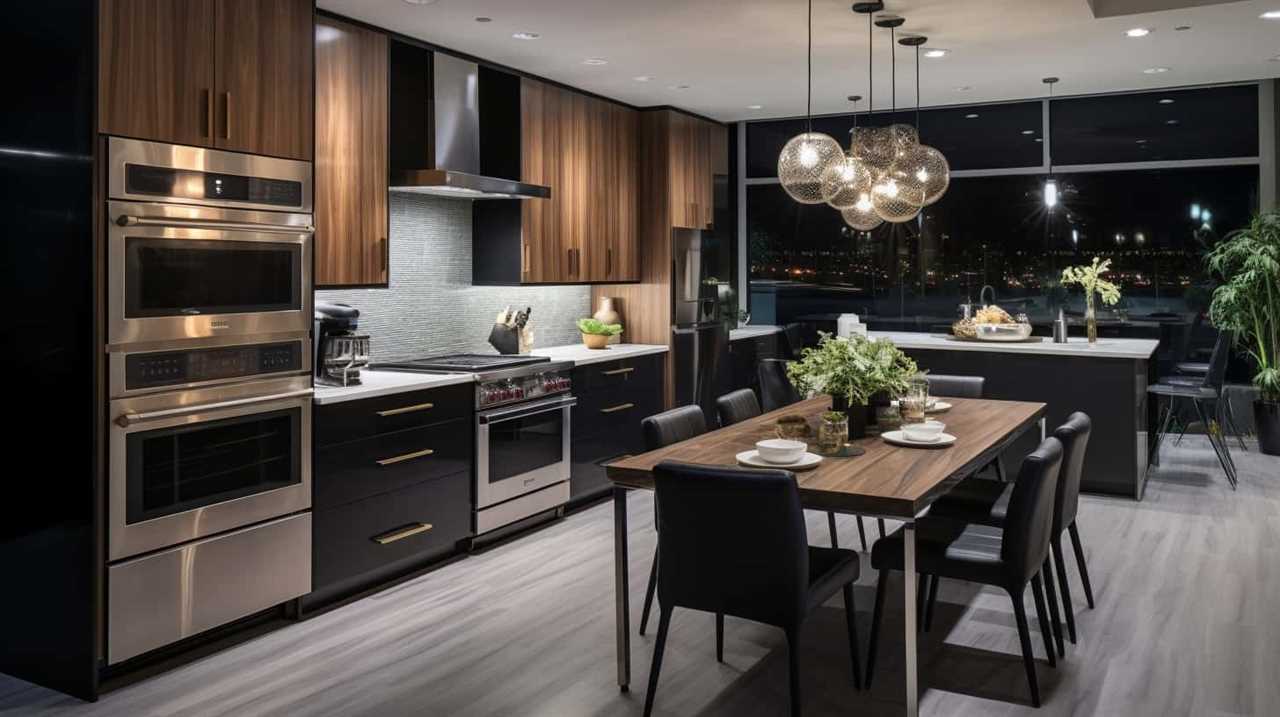
To emphasize the importance of insulation, let’s take a look at the benefits it provides:
| Benefits of Insulation |
|---|
| Reduced energy costs |
| Improved comfort |
| Enhanced indoor air quality |
Insulation helps to reduce energy costs by minimizing heat loss or gain, allowing your HVAC system to work more efficiently. It also improves comfort by maintaining a more stable temperature throughout your home. Additionally, insulation can contribute to better indoor air quality by reducing the infiltration of outside pollutants. Therefore, it is crucial to ensure that your building has proper insulation to achieve optimal HVAC performance and overall comfort.
Adjust Thermostat Settings
To resolve uneven HVAC heating and cooling, there are several points to consider when adjusting thermostat settings.
One technique is temperature zoning, which allows for different temperatures in different areas of the house.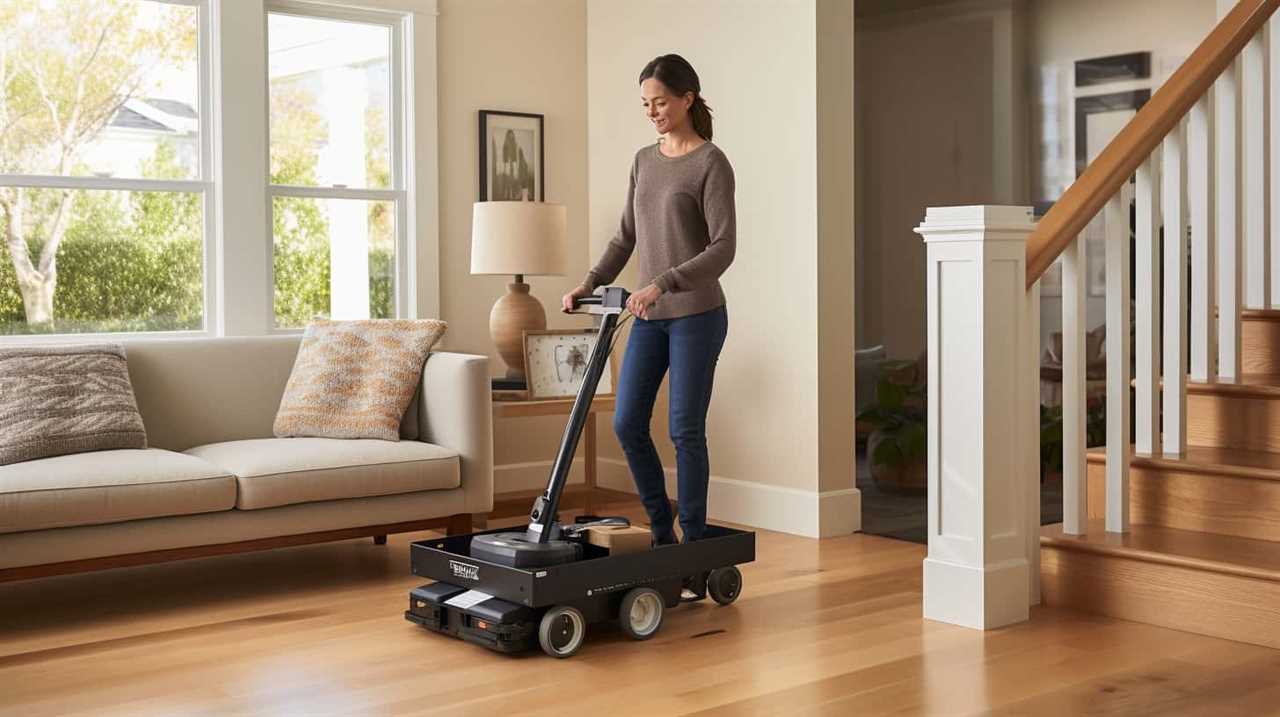
Adjusting the fan speed can also help distribute air more evenly.
Additionally, upgrading insulation can prevent heat loss or gain, improving overall temperature control.
Temperature Zoning Techniques
By adjusting thermostat settings, we can effectively implement temperature zoning techniques to address uneven HVAC heating and cooling. Here are three temperature zoning techniques that can help optimize temperature control and improve energy efficiency:
- Programmable Thermostats: By setting different temperature zones throughout your home or building, programmable thermostats allow you to customize heating and cooling schedules based on occupancy patterns. This ensures that rooms are only heated or cooled when needed, resulting in energy savings.
- Zone Dampers: Zone dampers are installed within the ductwork of a HVAC system to control the airflow to different areas or zones. By adjusting the dampers, you can direct more heated or cooled air to specific zones, ensuring even temperature distribution and comfort throughout the space.
- Smart HVAC Systems: Smart HVAC systems use sensors and advanced algorithms to monitor and adjust temperature settings based on occupancy, weather conditions, and user preferences. These systems can automatically adapt to changing conditions, optimizing energy usage and providing personalized comfort.
Implementing these temperature zoning techniques can help resolve uneven HVAC heating and cooling, providing better temperature control and improving energy efficiency.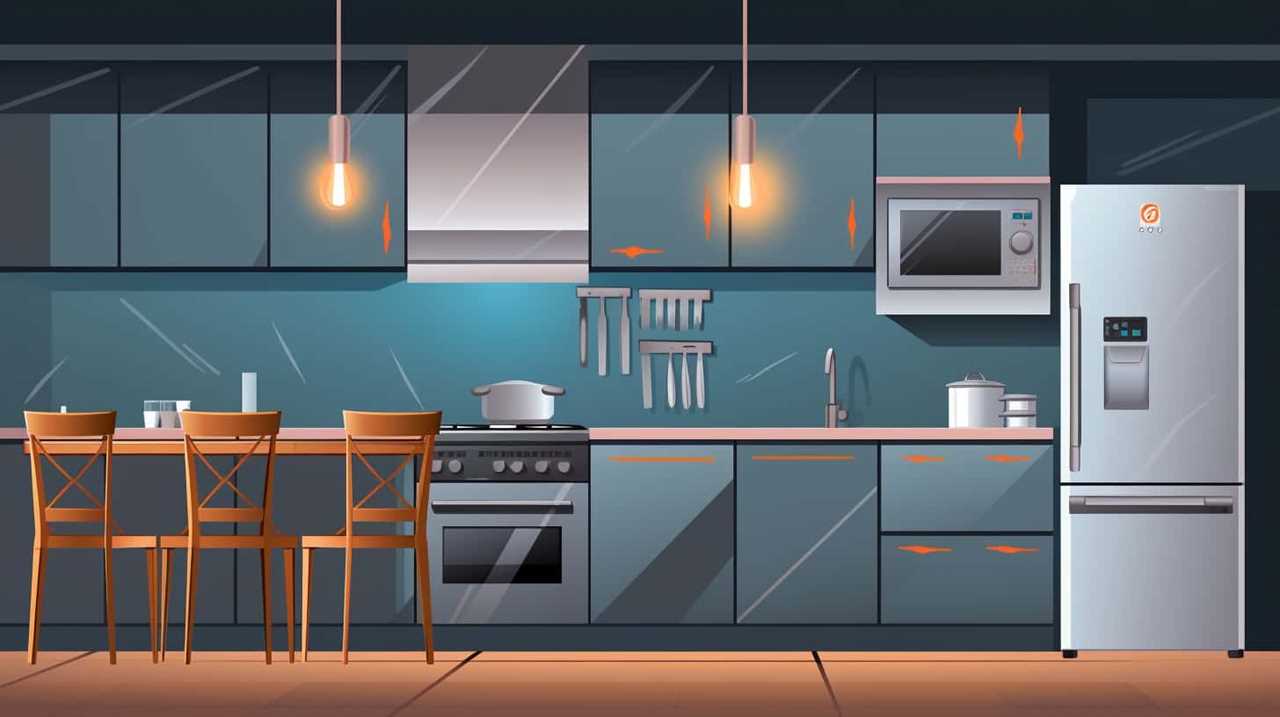
Fan Speed Adjustment
We can optimize temperature control and improve energy efficiency by adjusting the thermostat settings for fan speed. Fan speed optimization is an effective way to ensure an even distribution of conditioned air throughout your home. By controlling the fan speed, you can regulate the amount of air being circulated, preventing hot or cold spots. Adjusting the fan speed can also help reduce energy consumption and lower utility bills. Here is a table outlining the different fan speed settings and their corresponding benefits:
| Fan Speed Setting | Benefits |
|---|---|
| Low | Energy efficiency, reduced noise |
| Medium | Balanced comfort and energy usage |
| High | Rapid cooling or heating, improved air circulation |
Consider Insulation Upgrades
To further enhance the efficiency of our HVAC system, it’s important to consider insulation upgrades and adjust the thermostat settings. Insulation plays a crucial role in maintaining the desired temperature inside our homes and preventing heat loss or gain. Here are three key reasons why insulation upgrades contribute to improved energy efficiency:
- Enhanced Insulation Effectiveness: Upgrading insulation materials, such as adding insulation to attics, walls, and floors, can significantly improve their effectiveness in preventing heat transfer. This helps to maintain a consistent temperature throughout the house and reduces the workload on the HVAC system.
- Reduced Energy Consumption: By improving insulation, we can minimize the amount of energy required for heating or cooling our homes. This leads to lower utility bills and reduces our carbon footprint.
- Increased Comfort: Proper insulation ensures a more comfortable living environment by minimizing drafts, cold spots, and temperature fluctuations. It allows our HVAC system to operate more efficiently, providing consistent heating and cooling throughout the day.
Consider Zoning System Installation
When addressing the issue of uneven HVAC heating & cooling, it is important to consider the installation of a zoning system. A zoning system allows for the division of a home into different zones, each with its own temperature control. This ensures that each zone receives the appropriate amount of heating or cooling, resulting in a more comfortable living environment and potentially reducing energy costs.
One of the main benefits of a zoning system is the ability to customize the temperature in different areas of the home. This is especially useful in larger homes or multi-story buildings where different areas may have varying temperature needs. By installing a zoning system, homeowners can avoid wasting energy by heating or cooling unoccupied rooms.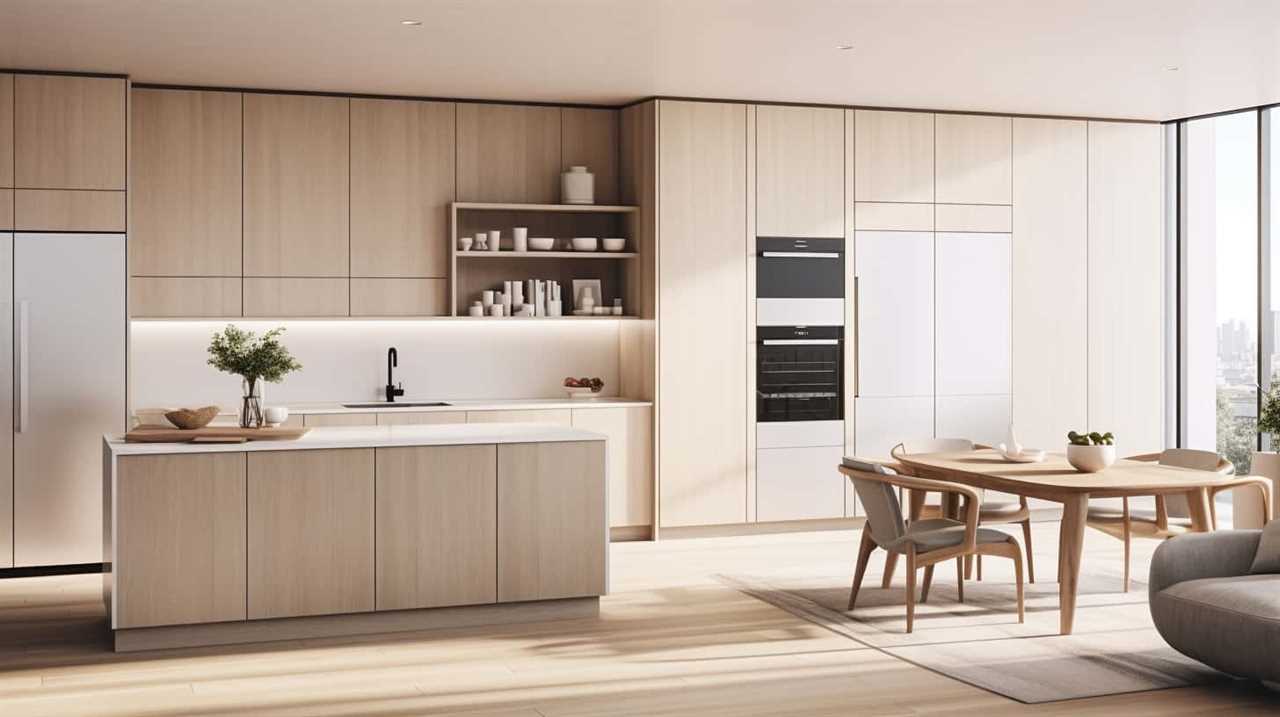
Another advantage of a zoning system is the potential for energy savings. With traditional HVAC systems, the entire home is heated or cooled to the same temperature, even if certain areas don’t require it. By only heating or cooling the zones that are in use, a zoning system can help reduce energy consumption and lower utility bills.
However, it is important to consider the costs associated with installing a zoning system. The upfront investment can be significant, as it involves installing dampers and separate thermostats for each zone. Additionally, professional installation may be required, adding to the overall cost.
In summary, a zoning system offers the benefits of customizable temperature control and potential energy savings. While the initial costs may be higher, the long-term benefits make it a worthwhile consideration for addressing uneven HVAC heating & cooling.
| Zoning System Benefits | Zoning System Costs |
|---|---|
| Customizable temperature control | Significant upfront investment |
| Energy savings | Professional installation may be required |
| More comfortable living environment | Additional costs for dampers and thermostats |
Schedule Regular HVAC Maintenance
Regular HVAC maintenance is essential for ensuring optimal performance and addressing any issues that may cause uneven heating and cooling. By scheduling regular maintenance, you can improve the efficiency of your HVAC system and prevent potential problems from arising. Here are three reasons why regular maintenance is crucial:
- Preventive Maintenance: Regular HVAC maintenance allows technicians to identify and address any potential issues before they become major problems. This helps to avoid unexpected breakdowns and costly repairs, ensuring that your system operates smoothly.
- Improved Efficiency: Over time, HVAC systems can accumulate dirt, dust, and debris, which can hinder their performance and reduce their efficiency. Regular maintenance includes cleaning vital components, such as air filters and coils, to ensure proper airflow and maximize energy efficiency.
- Extended Lifespan: Just like any other mechanical system, regular maintenance can extend the lifespan of your HVAC system. By keeping all components in good working condition, you can prolong the life of your equipment, saving you money on premature replacements.
Consult a Professional for Further Assistance
After scheduling regular HVAC maintenance, we can consult a professional for further assistance with resolving uneven heating and cooling. While regular maintenance can help prevent issues, there may be instances where professional recommendations and troubleshooting tips are needed to address specific problems. A professional can provide expert advice and guidance based on their knowledge and experience in HVAC systems.
When consulting a professional, it’s important to provide them with detailed information about the issue you’re experiencing. This can help them diagnose the problem more accurately and provide targeted solutions. They may also perform additional tests and inspections to identify any underlying issues that may be causing the uneven heating and cooling.
Professional recommendations may include adjustments to the HVAC system settings, such as thermostat calibration or airflow adjustments. They may also suggest repairs or replacements of faulty components, such as ductwork or air filters. In some cases, they may recommend upgrading the HVAC system to a more efficient model to improve overall performance and energy efficiency.
Troubleshooting tips provided by professionals can help you address minor issues on your own. This may include checking and cleaning air vents, ensuring proper insulation in your home, and regular filter replacement.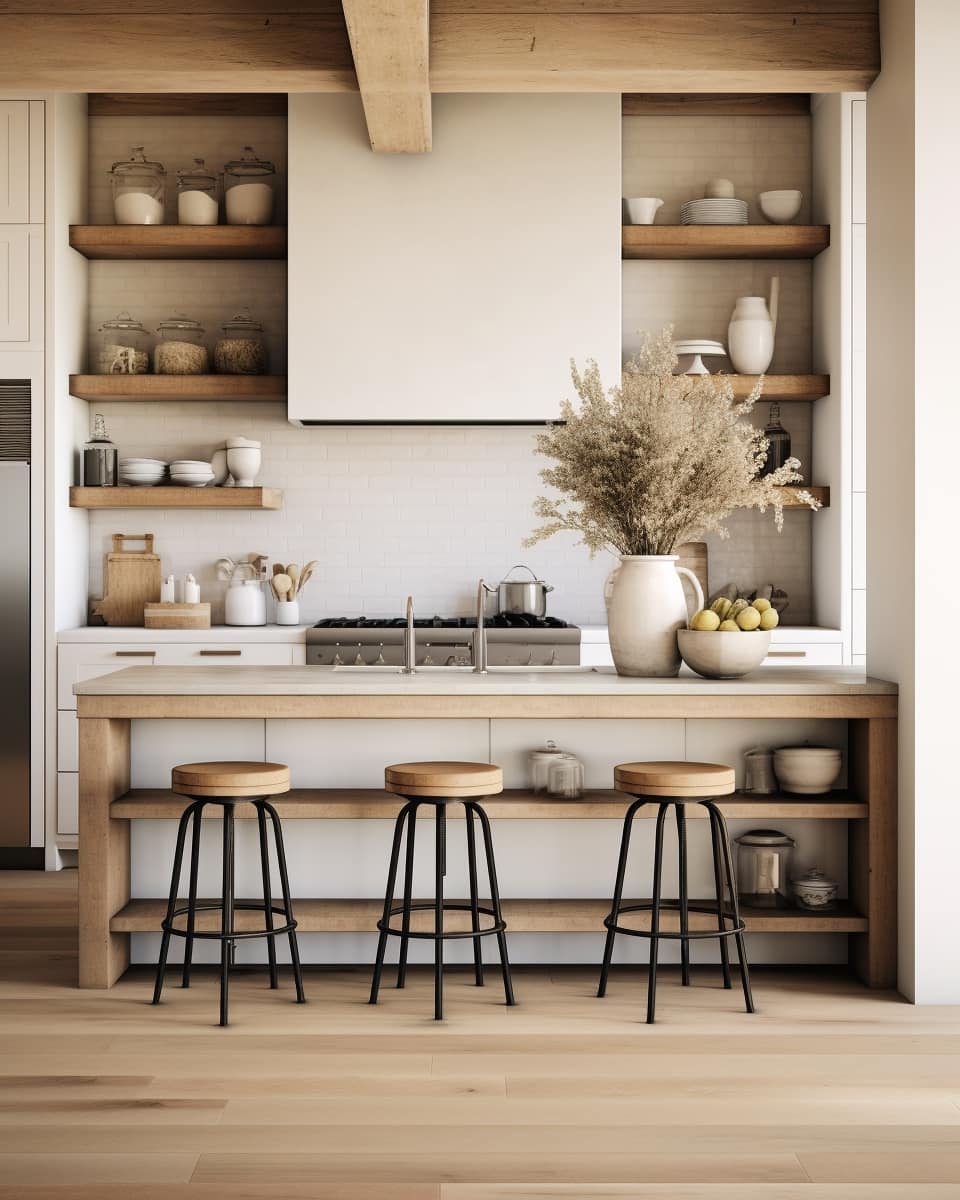
Frequently Asked Questions
How Often Should I Replace My Air Filters?
We replace our air filters regularly to maintain optimal HVAC performance. The frequency of air filter replacement depends on various factors such as the type of filter and the air quality in our environment.
Regular air filter maintenance is crucial to ensure clean air circulation, prevent dust buildup, and maintain proper airflow. By following a recommended air filter replacement schedule, we can improve indoor air quality and prolong the lifespan of our HVAC system.
What Are the Signs of a Ductwork Leak?
When it comes to ductwork repair and troubleshooting HVAC systems, it’s important to recognize the signs of a ductwork leak. These leaks can lead to uneven heating and cooling throughout your home. Look out for increased energy bills, weak airflow, and inconsistent temperature control.
If you suspect a leak, it’s crucial to address it promptly to avoid further damage and inefficiency. Professional inspection and sealing of the ductwork are recommended steps to resolve this issue.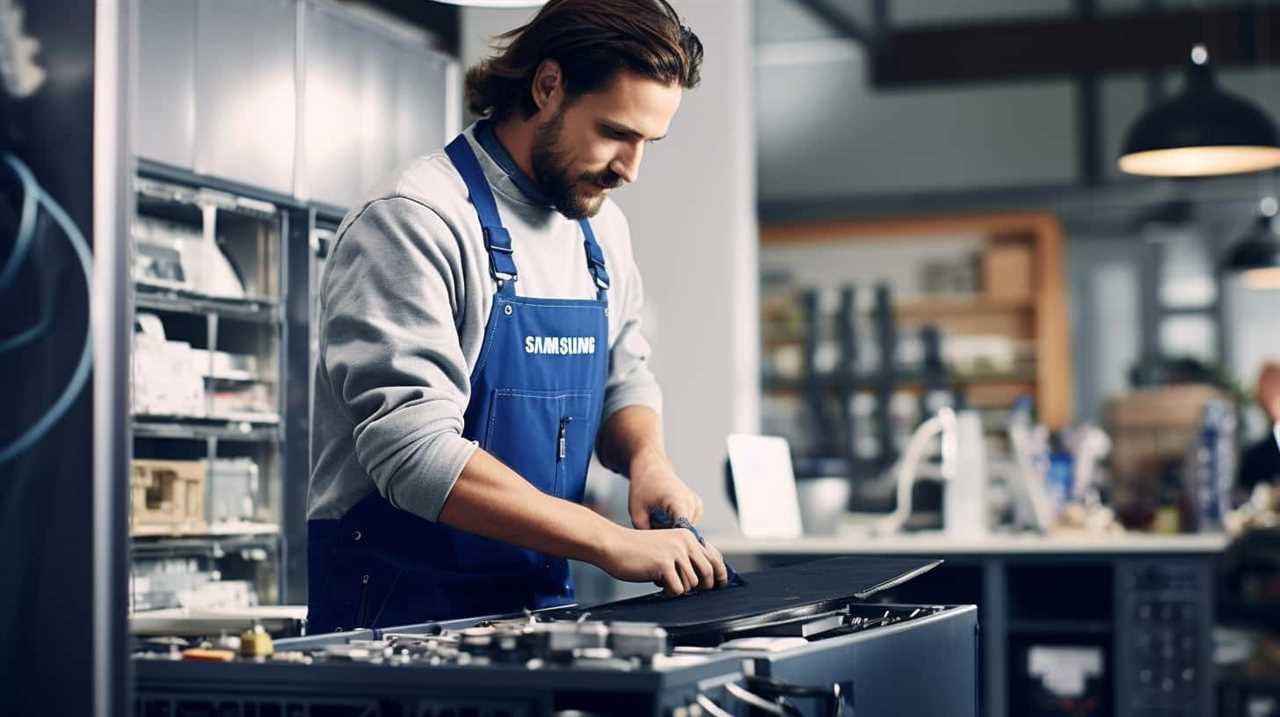
Can I Balance Air Registers Myself or Do I Need to Hire a Professional?
When it comes to DIY air register balancing, it’s important to consider the complexity and potential risks involved.
While some homeowners may feel confident in tackling this task themselves, it’s generally recommended to hire a professional HVAC technician.
A professional will have the knowledge, experience, and specialized tools to properly assess and adjust the airflow in your HVAC system.
This ensures a more accurate and effective solution to resolve uneven heating and cooling in your home.
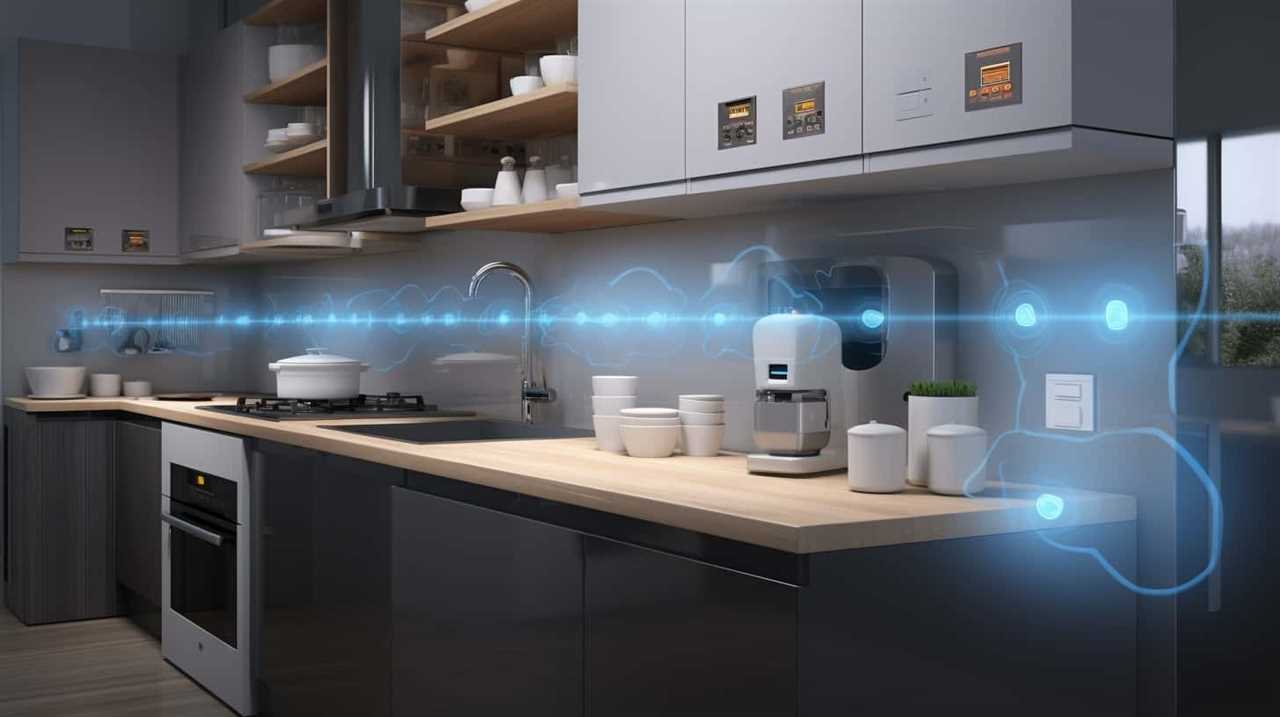
How Can I Clean and Maintain My Outdoor Unit?
When it comes to cleaning and maintaining our outdoor unit, there are a few key cleaning techniques and troubleshooting tips we can follow.
Firstly, make sure to turn off the power to the unit before starting any cleaning.
Remove any debris or leaves from the unit using a brush or vacuum.
Next, gently hose down the unit to remove any dirt or grime.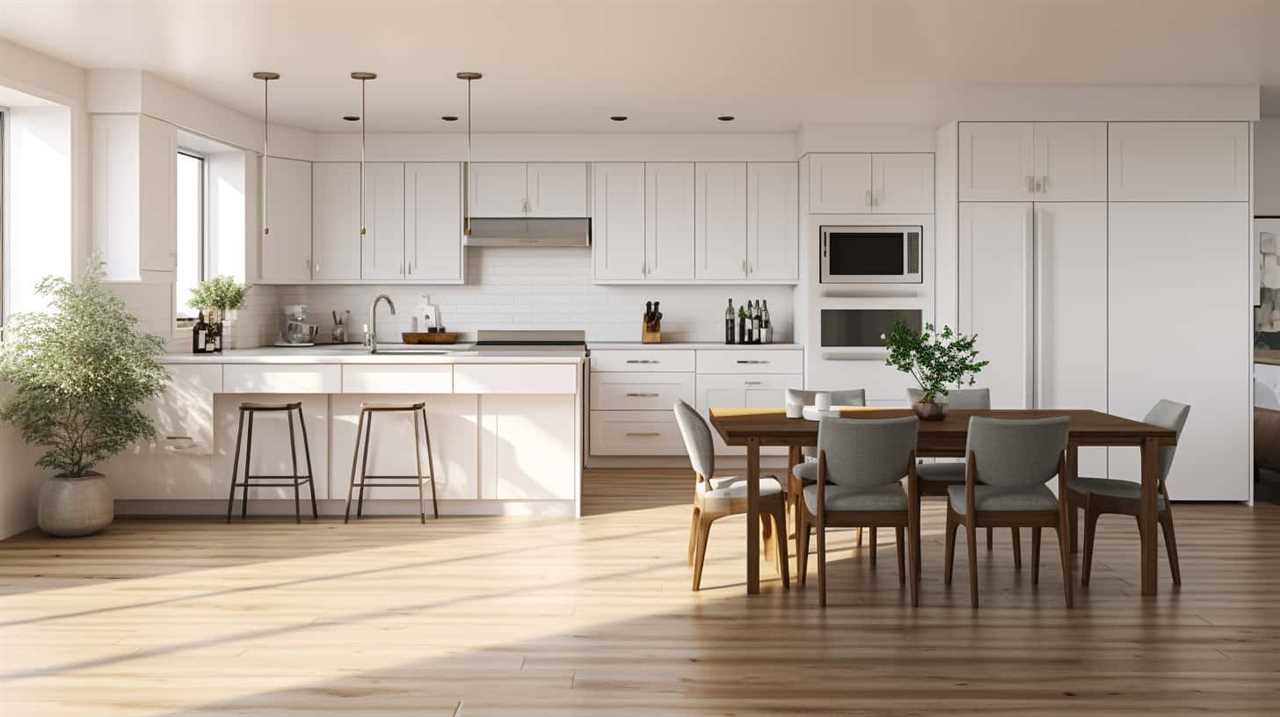
Finally, check for any damaged or loose parts and make any necessary repairs.
Regular maintenance like this can help keep our outdoor unit running smoothly.
What Are the Benefits of Installing a Zoning System in My HVAC System?
Installing a zoning system in your HVAC system can have numerous benefits.
It allows for more precise control over the temperature in different areas of your home, ensuring comfort for everyone.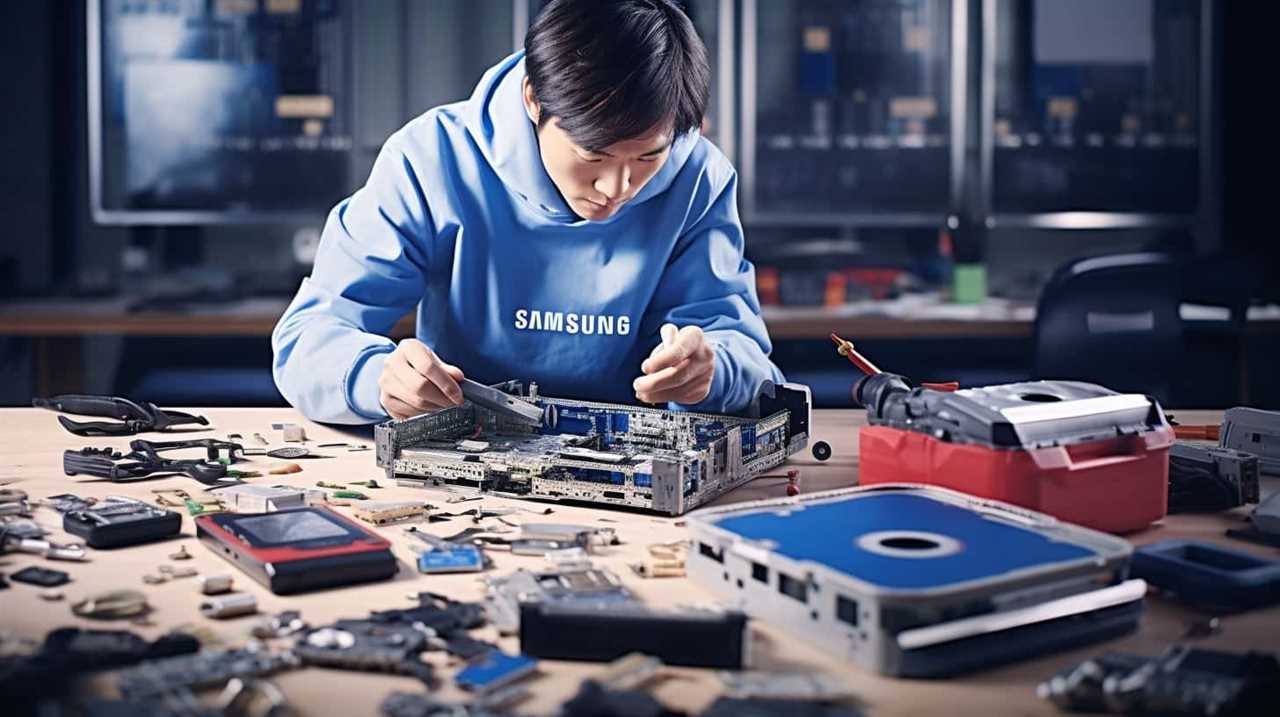
Additionally, it can help improve indoor air quality by minimizing the spread of allergens and pollutants.
By only heating or cooling the rooms that are being used, you can also save energy and reduce your utility bills.
What Are the Best Steps to Take to Resolve Uneven HVAC Heating & Cooling?
When dealing with uneven heating in your HVAC system, it’s important to follow expert tips for uneven heating to effectively resolve the issue. Start by checking for blocked vents, insulating ductwork, and ensuring proper maintenance of your HVAC system. Consulting a professional for a thorough inspection may also be necessary.
Conclusion
In conclusion, resolving uneven HVAC heating and cooling can be achieved by following these 9 simple steps.
- Check air filters.
- Inspect ductwork for leaks.
- Balance air registers.
- Clean and maintain the outdoor unit.
- Ensure proper insulation.
- Adjust thermostat settings.
- Consider zoning system installation.
- Schedule regular HVAC maintenance.
- Consult a professional for further assistance.
By following these steps, you can ensure a comfortable and efficient climate control system.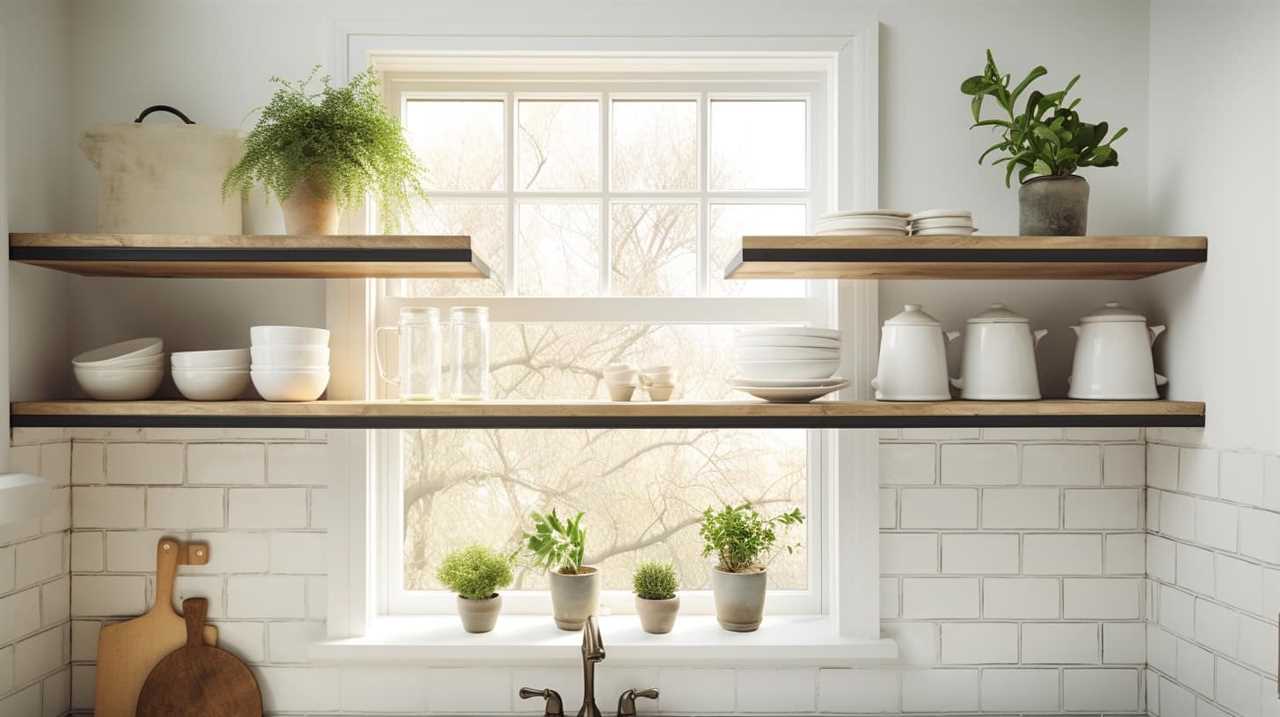
Don’t let your HVAC system play hot and cold with you, take control and enjoy the perfect temperature throughout your space.
- About the Author
- Latest Posts
Introducing Charles, the Editor in Chief at ByRetreat, whose passion for interior design and editorial excellence elevates every remote workspace to new heights. With his keen eye for detail, impeccable taste, and expertise in design, Charles brings a wealth of knowledge and creativity to the ByRetreat team.
As the Editor in Chief of a renowned lifestyle blog, Charles has honed his skills in curating captivating content and staying up-to-date with the latest trends in interior design. His deep understanding of aesthetics and the power of storytelling through design enables him to create remote workspaces that are not only visually stunning but also rich in personality and meaning.
Appliances
3 Essential Tips for RV-Friendly Portable Washers
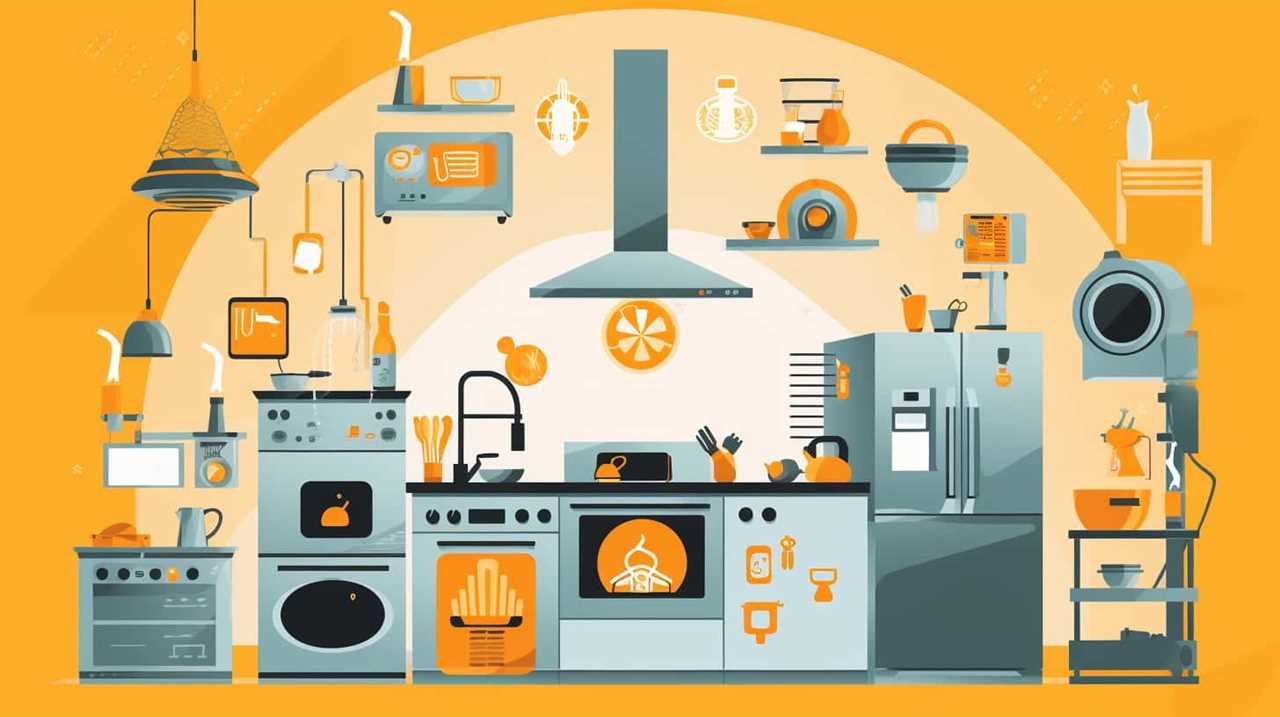
- Pros and cons of using eco friendly laundry detergent in a portable washer.
- Tips for preventing detergent residue buildup in a portable washer
Are you exhausted from constantly looking for laundromats during your RV trips? We get it. That’s why we’re here to provide three key tips for RV-friendly portable washing machines.
While you might be thinking, ‘Do I really need a portable washer?’ trust us, having one on your RV can be a game-changer. In this guide, we’ll show you how to choose the right size washer that fits your RV’s limited space, understand the power and water requirements to ensure smooth operation, and provide you with maintenance and cleaning tips to keep your washer running efficiently.
So, let’s dive in and master the art of laundry on the road!
Key Takeaways
- Consider the laundry capacity needed for your RV.
- Look for compact and lightweight options with space-saving features.
- Choose a portable washer with high energy efficiency and water conservation features.
- Regularly maintain and clean your portable washer using recommended cleaning products.
Choosing the Right Size
One of the first considerations when selecting a portable washer for our RV is determining the appropriate size. Portable washer features and space-saving options play a crucial role in making this decision. When it comes to size, it’s important to find a washer that fits well within the limited space of an RV, while still providing enough capacity to meet our laundry needs.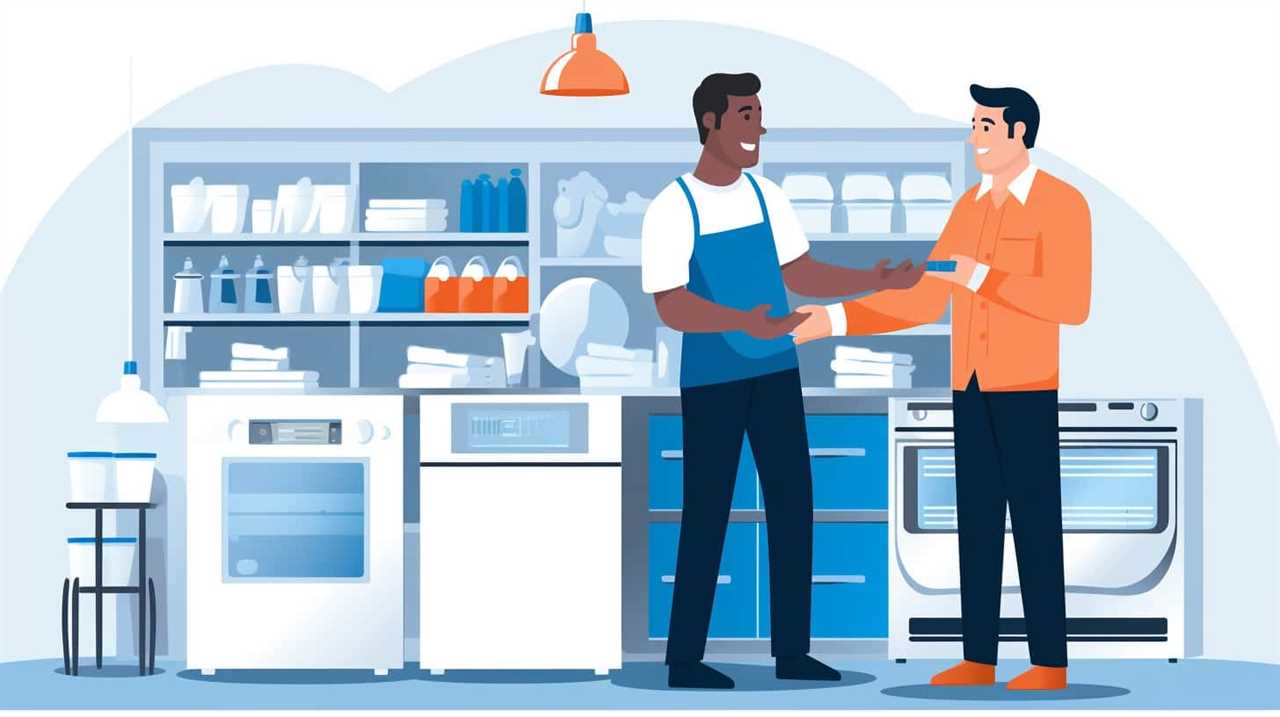
To begin with, portable washers come in a range of sizes, typically measured in pounds of laundry capacity. It’s essential to consider the amount of laundry we anticipate doing on a regular basis. While a smaller capacity may be suitable for individuals or couples, larger families might require a washer with a higher capacity to accommodate their laundry demands.
Additionally, it’s important to consider the physical dimensions of the washer. RVs have limited space, so opting for a compact and lightweight washer can help maximize the available room. Some portable washers are designed with space-saving features such as folding handles, detachable components, or even stackable options that can fit neatly into tight spaces.
Understanding Power and Water Requirements
When considering the power and water requirements for our RV-friendly portable washer, we need to understand the necessary resources for optimal performance.
Energy efficiency is an important factor to consider when choosing a portable washer for your RV. Look for models that have a high Energy Star rating, as this indicates that they consume less energy and can help you save on your electricity bills.
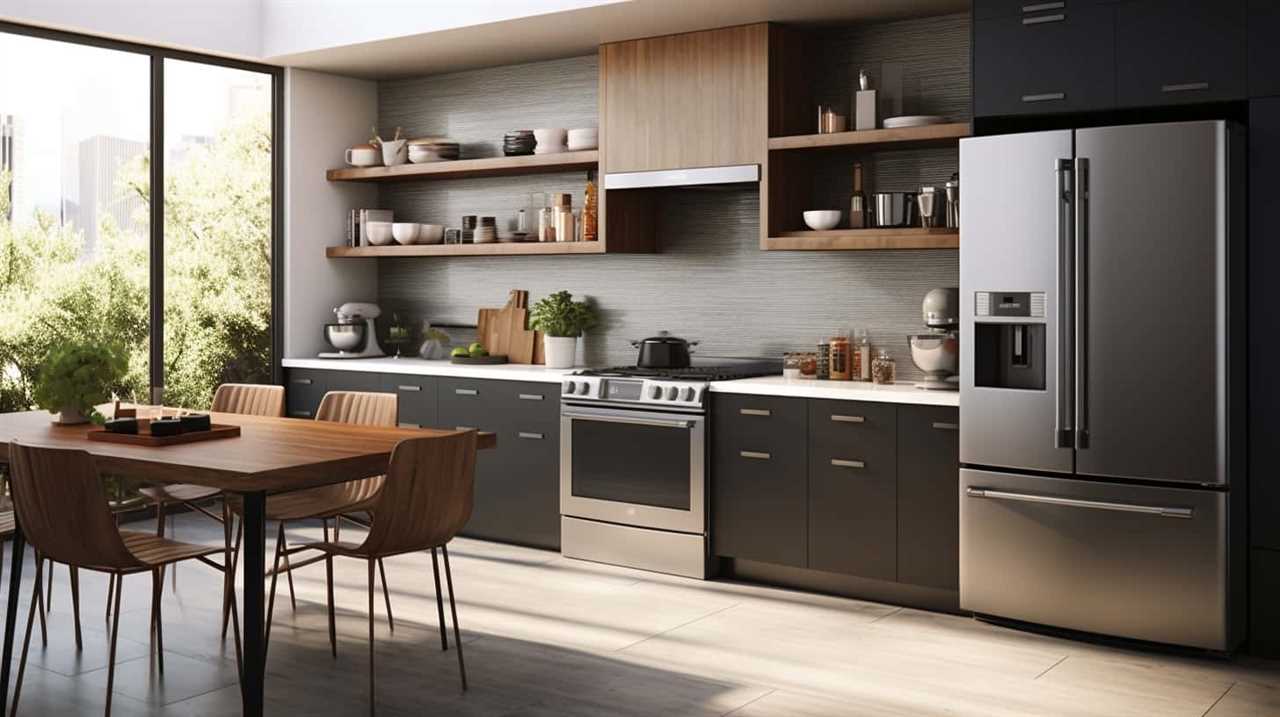
Additionally, portable washer features such as load sensing technology and adjustable water levels can help you conserve water. These features ensure that the washer only uses the amount of water necessary to clean your laundry, which is particularly crucial when you have limited water supply in your RV.
It’s also important to check the power requirements of the portable washer. Make sure that the washer is compatible with the power source available in your RV, whether it’s a standard 120-volt outlet or a 12-volt DC power source.
Understanding the power and water requirements of your RV-friendly portable washer won’t only help you achieve optimal performance but also contribute to energy and water conservation.
Maintenance and Cleaning Tips
Let’s talk about how to properly maintain and clean your RV-friendly portable washer. Taking care of your portable washer is essential to ensure its longevity and optimal performance. Regular maintenance and cleaning will help prevent any potential issues and keep your machine running smoothly. Here are some common troubleshooting tips and recommended cleaning products to keep in mind: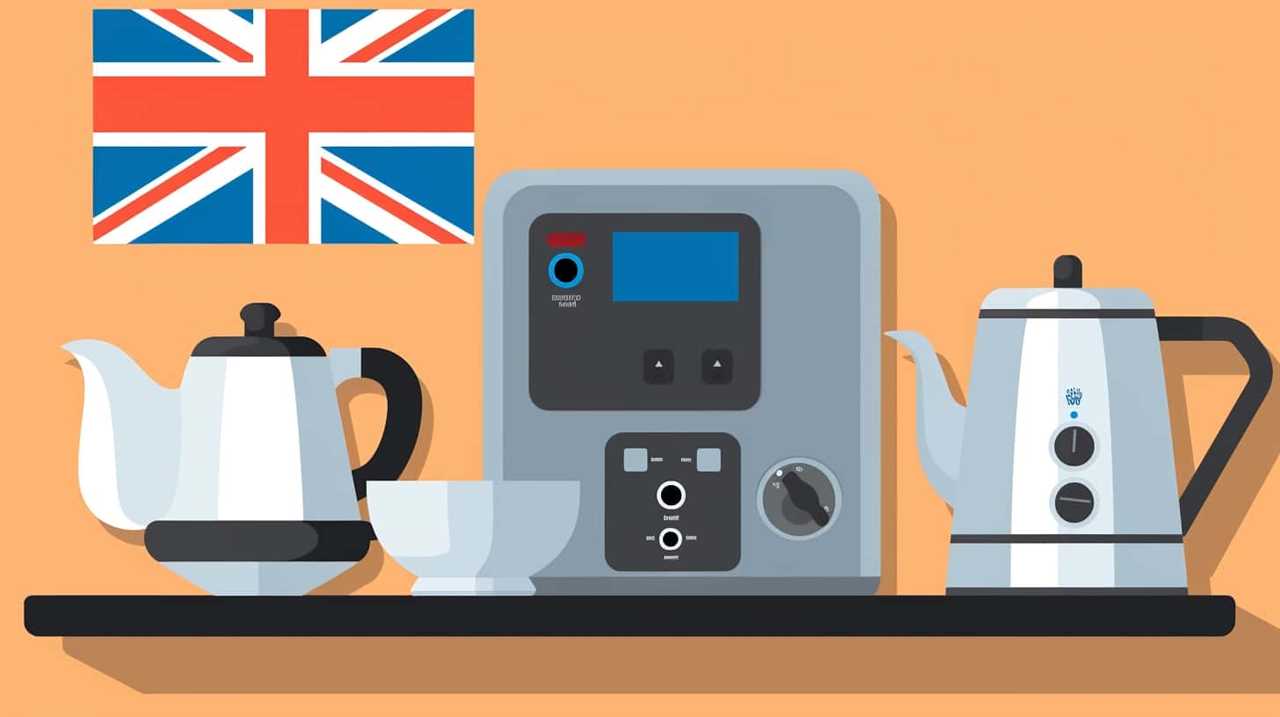
| Common Troubleshooting | Recommended Cleaning Products |
|---|---|
| Leaking water | Vinegar and water mixture |
| Excessive noise | Mild detergent |
| Drum not spinning | Baking soda |
| Error codes | Citric acid |
If you encounter a problem such as leaking water, try using a mixture of vinegar and water to clean the machine’s seals and hoses. For excessive noise, use a mild detergent to clean the drum and remove any debris that may be causing the noise. If the drum is not spinning, try using baking soda to remove any buildup that may be hindering its movement. Lastly, if you receive error codes, using citric acid in the detergent compartment can help clean the sensors and resolve the issue.
Remember to always refer to your portable washer’s manual for specific maintenance instructions and troubleshooting tips. By following these guidelines and using the recommended cleaning products, you can keep your RV-friendly portable washer in great condition and enjoy clean laundry on your travels.
Frequently Asked Questions
How Long Does It Typically Take to Wash a Full Load of Laundry Using a Portable Washer?
Typically, it takes around 30 to 45 minutes to wash a full load of laundry using a portable washer.
However, it’s important to consider the capacity limitations of these machines. Most portable washers have a smaller capacity compared to traditional washers, so it may take longer if you have a larger load.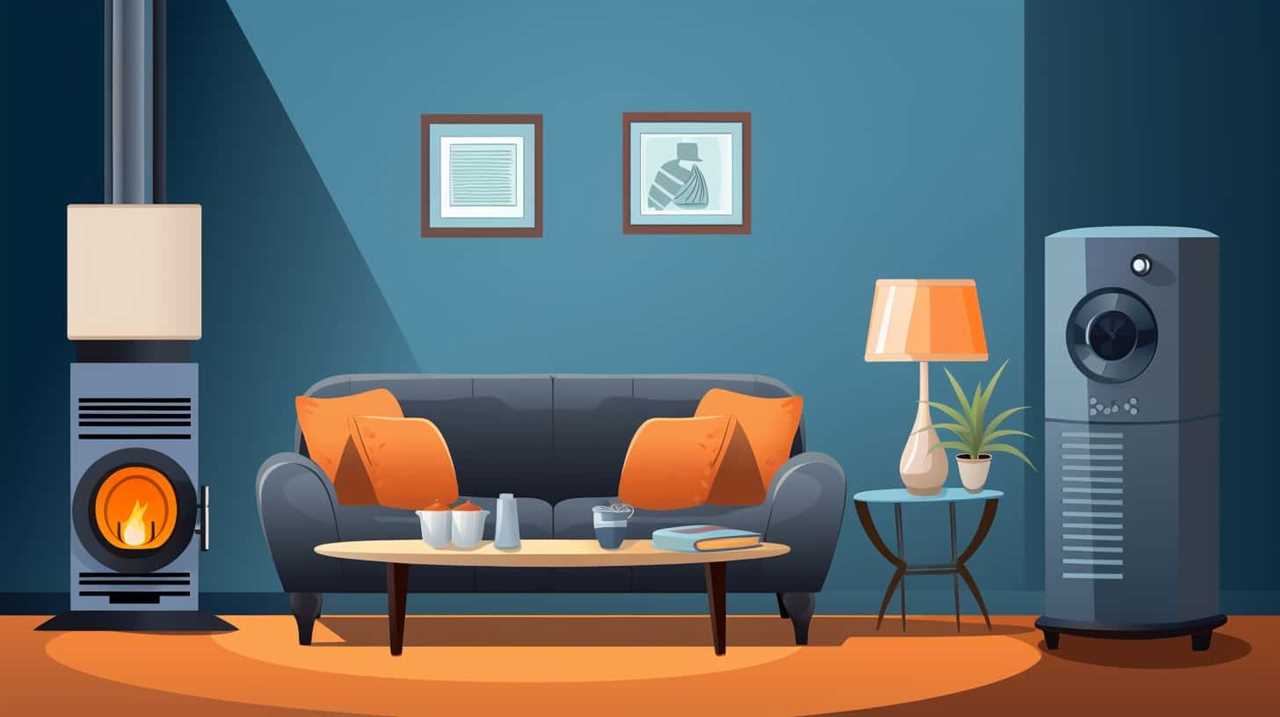
It’s always a good idea to follow the manufacturer’s instructions and not overload the machine to ensure efficient and effective washing.
Can I Use Regular Laundry Detergent in a Portable Washer, or Do I Need to Use a Specific Type?
Yes, you can use regular laundry detergent in a portable washer. However, there are some pros and cons to consider.
Using eco-friendly laundry detergent in a portable washer is a great option for those who want to reduce their environmental footprint. It can be gentler on your clothes and safer for the environment.
However, some eco-friendly detergents may not be as effective at removing tough stains. To prevent detergent residue buildup, make sure to use the recommended amount of detergent and run an extra rinse cycle if needed.
Is It Safe to Leave a Portable Washer Unattended While It’s Running?
Safety precautions should be taken when using a portable washer unattended. There are potential risks involved, such as water leakage or electrical malfunctions. It’s important to follow the manufacturer’s instructions and guidelines for safe operation.
Some tips to minimize risks include ensuring a stable surface, avoiding overloading the machine, and regularly checking for any signs of damage.
It’s always best to err on the side of caution when it comes to leaving a portable washer running without supervision.
Can I Wash Delicate Fabrics, Such as Silk or Lace, in a Portable Washer?
When it comes to washing delicate fabrics like silk or lace in a portable washer, there are a few things to keep in mind.
Firstly, check the manufacturer’s instructions to ensure that your specific model is suitable for these types of fabrics.
Secondly, use a gentle cycle and cold water to minimize any potential damage.
Lastly, consider placing delicate items in a mesh laundry bag for added protection.
With these precautions, you can safely wash your delicate fabrics in an RV-friendly portable washer.
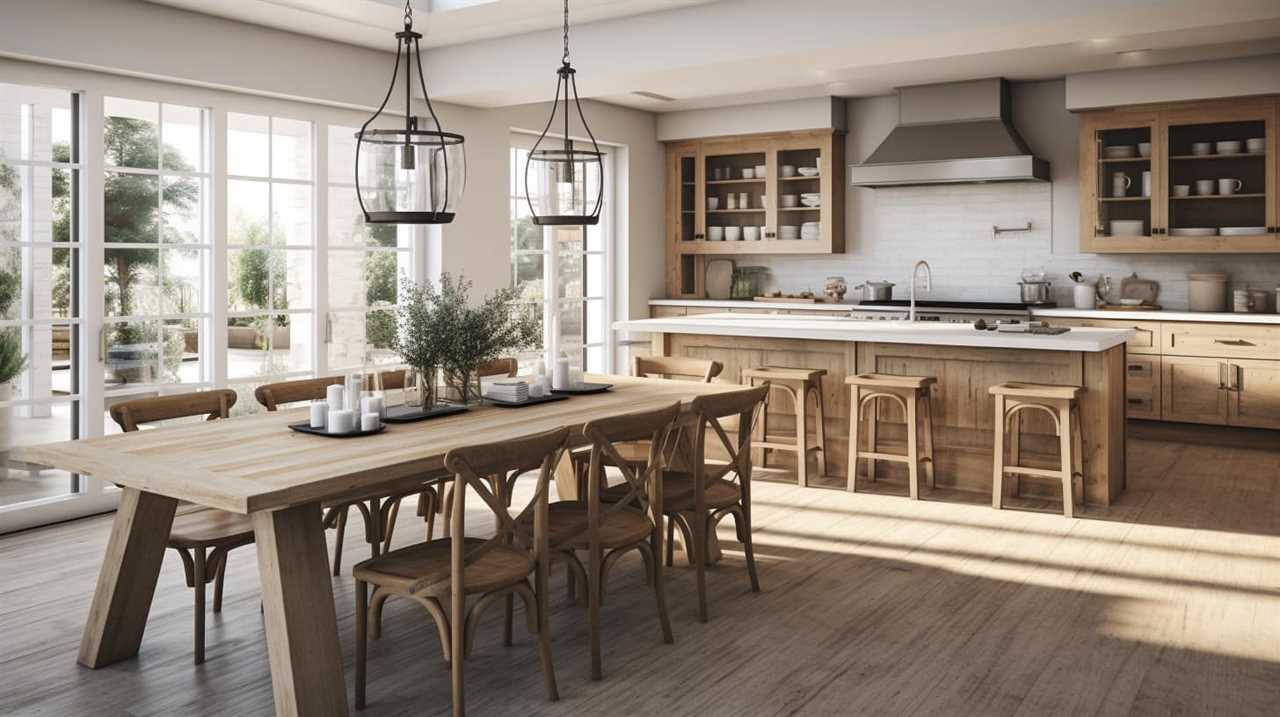
How Noisy Are Portable Washers When in Operation?
When it comes to the noise level of portable washers, it’s important to consider their energy efficiency as well. These machines are designed to be compact and efficient, so they tend to operate quietly. While they do make some noise during operation, it’s typically minimal and shouldn’t disturb your RV neighbors or disrupt your peaceful campsite.
Plus, their energy efficiency means you can enjoy clean clothes without draining your RV’s power supply.
Conclusion
In conclusion, choosing the right size portable washer for your RV, understanding power and water requirements, and following maintenance and cleaning tips are essential for a smooth laundry experience on the road.
By coincidence, we stumbled upon a fellow traveler at a campsite who’d just purchased a portable washer based on our article. They were thrilled with the convenience and efficiency it provided.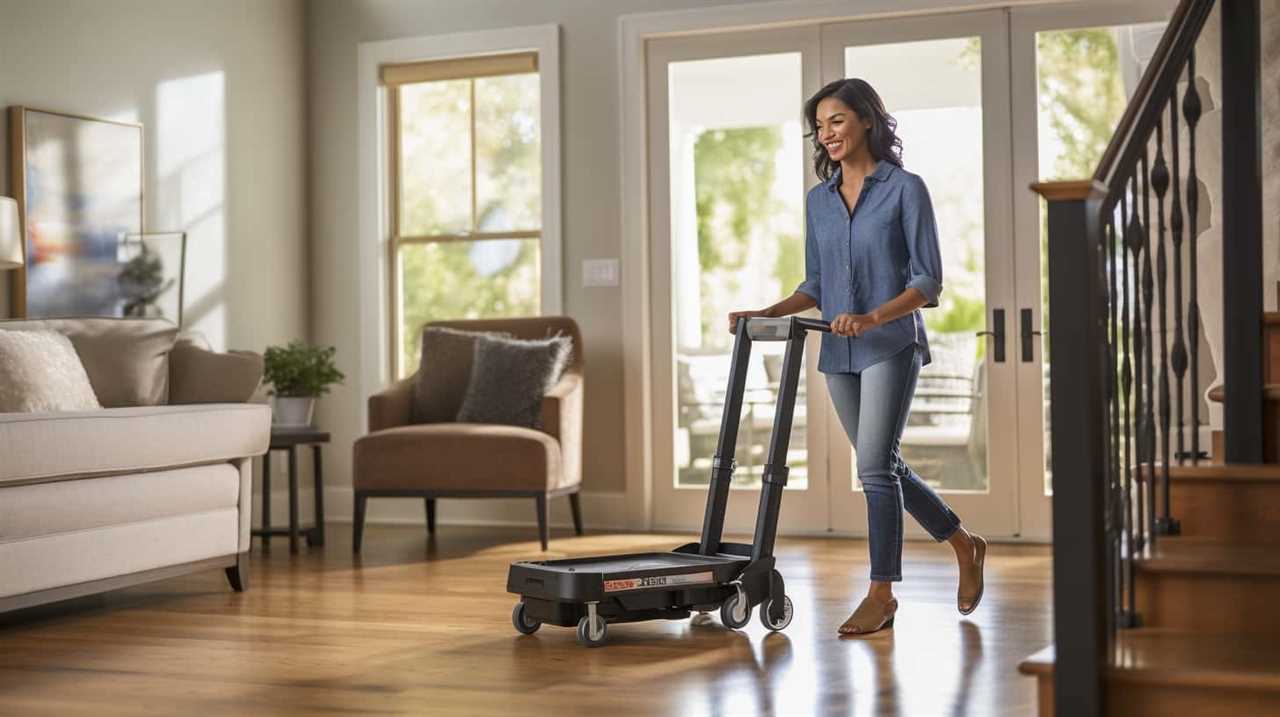
So, take these tips into consideration and enjoy clean clothes wherever your adventures take you!
- About the Author
- Latest Posts
Introducing Charles, the Editor in Chief at ByRetreat, whose passion for interior design and editorial excellence elevates every remote workspace to new heights. With his keen eye for detail, impeccable taste, and expertise in design, Charles brings a wealth of knowledge and creativity to the ByRetreat team.
As the Editor in Chief of a renowned lifestyle blog, Charles has honed his skills in curating captivating content and staying up-to-date with the latest trends in interior design. His deep understanding of aesthetics and the power of storytelling through design enables him to create remote workspaces that are not only visually stunning but also rich in personality and meaning.
Appliances
4 Smart Tips for Extended Commercial Appliance Warranties
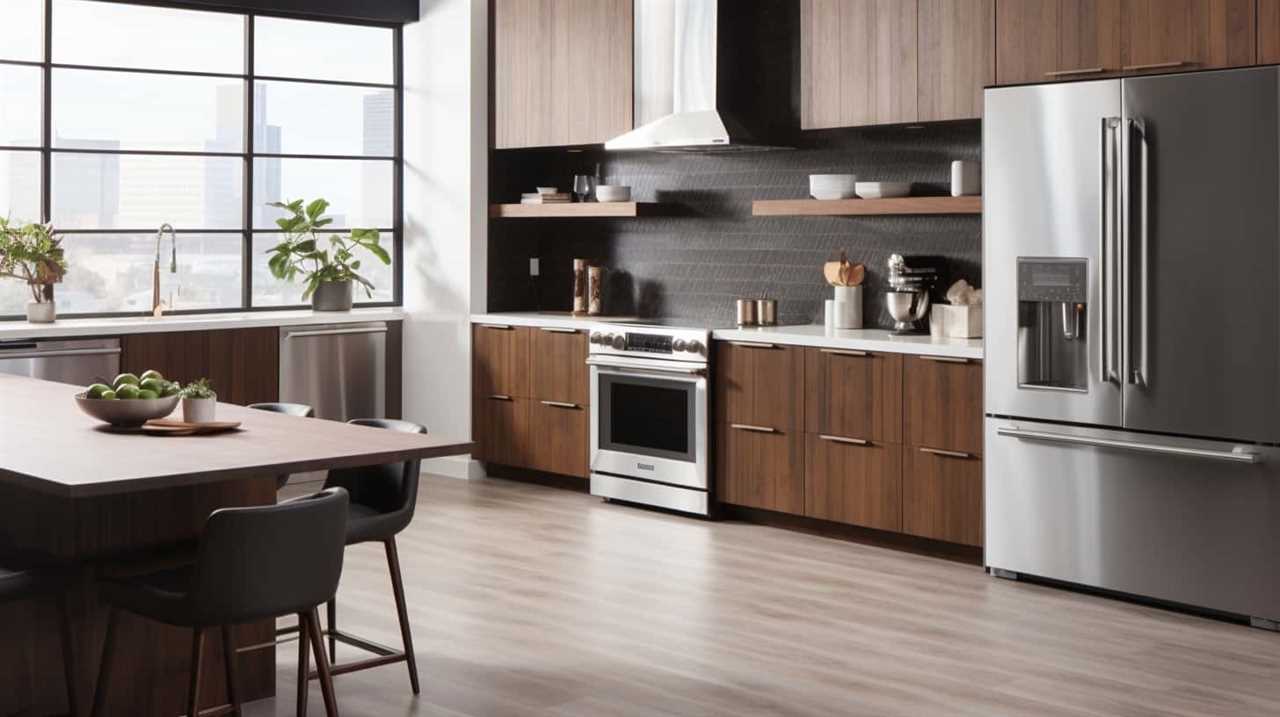
Did you realize that nearly 80% of commercial appliance malfunctions happen after the manufacturer’s warranty runs out? As business operators, we grasp the significance of safeguarding our assets and reducing unforeseen costs.
That’s why we have compiled four smart tips for extended commercial appliance warranties that will help you make informed decisions and ensure the longevity of your appliances.
In this guide, we will discuss choosing the right warranty provider, understanding coverage and exclusions, evaluating the cost and value, and maximizing the benefits of extended warranties.
By following these tips, you can have peace of mind knowing that your appliances are protected and your business operations can continue smoothly.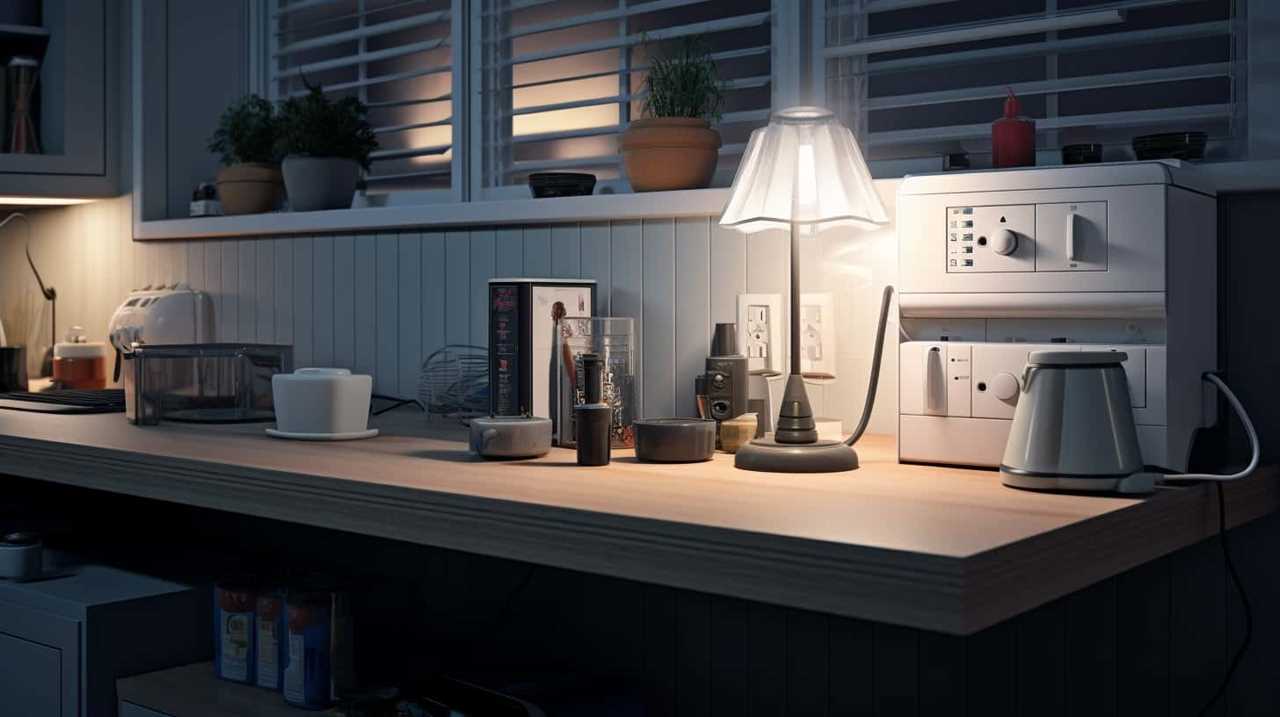
Let’s dive in and master the art of extended warranties!
Key Takeaways
- Choose a warranty provider with a good reputation and track record.
- Understand the coverage details and limitations of the warranty.
- Evaluate the cost and value of extended warranties.
- Maximize the benefits by understanding the claim process and maintaining your appliances.
Choosing the Right Warranty Provider
When selecting a warranty provider for extended commercial appliance warranties, we should consider their reputation and track record in the industry. Identifying reputable providers is crucial to ensure that we’re dealing with a company that has a history of delivering on their promises and providing excellent service to their customers. A reputable provider will have a strong presence in the market and positive reviews from satisfied clients. They’ll also have a proven track record of handling warranty claims efficiently and resolving issues promptly.
In addition to reputation, it’s important to compare warranty terms offered by different providers. We should carefully review the terms and conditions of each warranty to ensure that they meet our specific needs and requirements. This includes understanding the coverage provided, such as if it includes parts and labor costs, and the duration of the warranty. It’s also important to consider any limitations or exclusions that may apply.
Understanding Coverage and Exclusions
To fully understand the extent of coverage and any exclusions, we should carefully review the warranty terms and conditions for our extended commercial appliance warranties. Many people have common misconceptions about what’s covered under these warranties, which is why it’s so important to read the fine print. Here are some key points to consider: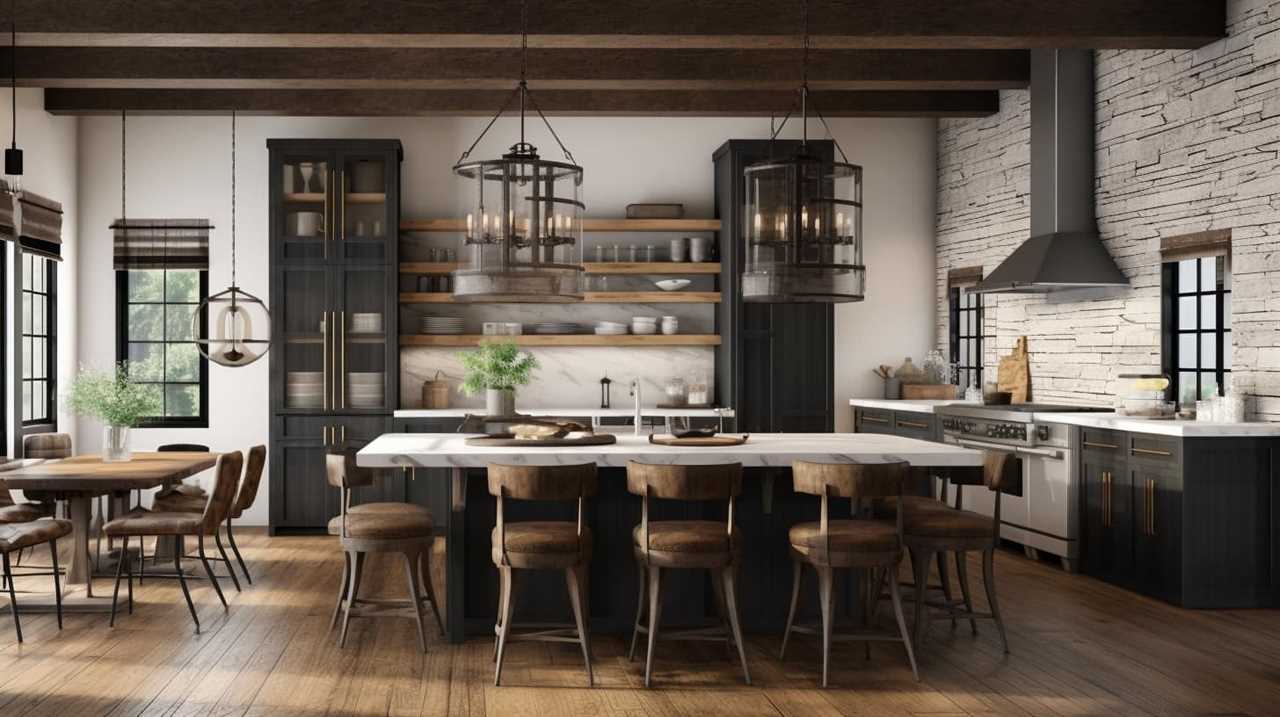
- Scope of coverage: It’s crucial to understand what types of repairs or replacements are included in the warranty. This may vary depending on the provider and the specific appliance being covered. Some warranties may only cover certain parts or components, while others may offer more comprehensive coverage.
- Exclusions: Even though warranties provide coverage, there are often exclusions stated in the terms and conditions. These exclusions may include damage caused by misuse, neglect, or unauthorized repairs. It’s important to be aware of these exclusions to avoid any surprises when filing a claim.
- Duration of coverage: Extended commercial appliance warranties can vary in terms of their duration. Some warranties may provide coverage for a fixed period of time, while others may offer coverage until a certain number of repairs or replacements have been made. Understanding the duration of coverage can help us plan for future maintenance and repairs.
- Claim process: Familiarizing ourselves with the claim process is essential. This includes knowing who to contact, what documentation is required, and any specific procedures that need to be followed to ensure a smooth and efficient claim experience.
Evaluating the Cost and Value
To determine the cost-effectiveness of extended commercial appliance warranties, we need to assess their overall value. When weighing options and considering budget considerations, it is essential to evaluate the benefits and drawbacks of purchasing extended warranties for your appliances. To help you make an informed decision, we have created a table that outlines the key factors to consider:
| Factors to Consider | Benefits | Drawbacks |
|---|---|---|
| Coverage | Extended protection beyond the manufacturer’s warranty period | Additional cost |
| Repair Costs | Potential savings on repair expenses | Warranty cost may outweigh repair costs |
| Peace of Mind | Assurance that your appliances are protected | Limited likelihood of appliance failure |
By considering these factors, you can determine whether the cost of an extended warranty is justified by its value. It is important to note that budget considerations should not be the sole determining factor. While extended warranties may come at an additional cost, they can provide peace of mind and potential savings on repair expenses.
In the next section, we will explore strategies for maximizing the benefits of extended warranties, ensuring that you get the most value out of your investment.
Maximizing the Benefits of Extended Warranties
To maximize the benefits of extended warranties, we can employ strategies that optimize our investment. By understanding the claim process and exploring renewal options, we can ensure that our commercial appliance warranties provide us with the maximum value and protection.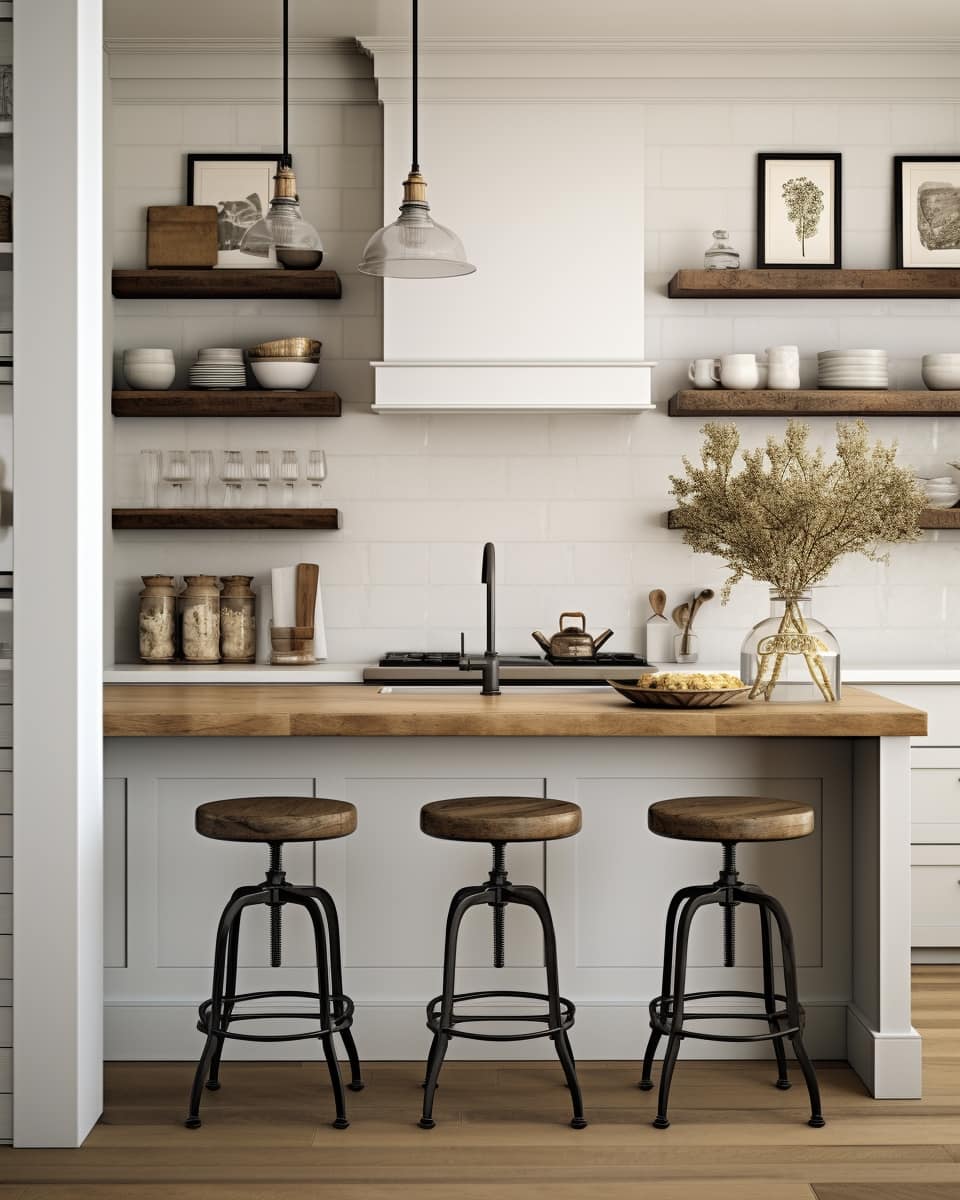
Here are some smart tips for maximizing the benefits of extended warranties:
- Thoroughly understand the claim process: Familiarize yourself with the steps involved in filing a claim. Know the required documentation, such as proof of purchase and warranty information. By being prepared, you can expedite the claim process and minimize downtime.
- Regularly maintain your appliances: Proper maintenance is crucial for the longevity and performance of your commercial appliances. Follow the manufacturer’s guidelines for cleaning, servicing, and inspections. Regular maintenance not only extends the lifespan of your appliances but also helps prevent potential issues that may require warranty claims.
- Research renewal options: When your extended warranty is about to expire, explore renewal options offered by the warranty provider. Some providers offer extended renewal plans with additional coverage, giving you continued peace of mind and protection for your investment.
- Keep warranty documents organized: Maintain a dedicated folder or digital file for all your warranty documents. This ensures easy access to necessary information when filing a claim or renewing your warranty.
Frequently Asked Questions
How Can I Extend the Warranty on My Commercial Appliance if It’s Already Expired?
To extend the warranty on your commercial appliance after it has expired, there are several renewal options available.
You can contact the manufacturer or a third-party warranty provider to inquire about their extended warranty programs. They may offer coverage plans specifically designed for appliances with expired warranty coverage.
It’s important to carefully review the terms and conditions, as well as the cost, of these extended warranty options to ensure they meet your needs and budget.
Are There Any Specific Requirements or Limitations for Obtaining an Extended Warranty for Commercial Appliances?
When obtaining an extended warranty for commercial appliances, it’s important to be aware of the common exclusions in extended warranty coverage. These may include wear and tear, cosmetic damage, and misuse or negligence.
To choose the right extended warranty, consider factors such as the length of coverage, cost, and reputation of the provider.
It’s also crucial to thoroughly read and understand the terms and conditions of the warranty to avoid any surprises down the line.
Can I Transfer My Extended Warranty to a New Owner if I Sell My Commercial Appliance?
Yes, you can transfer your extended warranty to a new owner if you sell your commercial appliance. This ensures that the warranty coverage for used appliances continues with the new owner.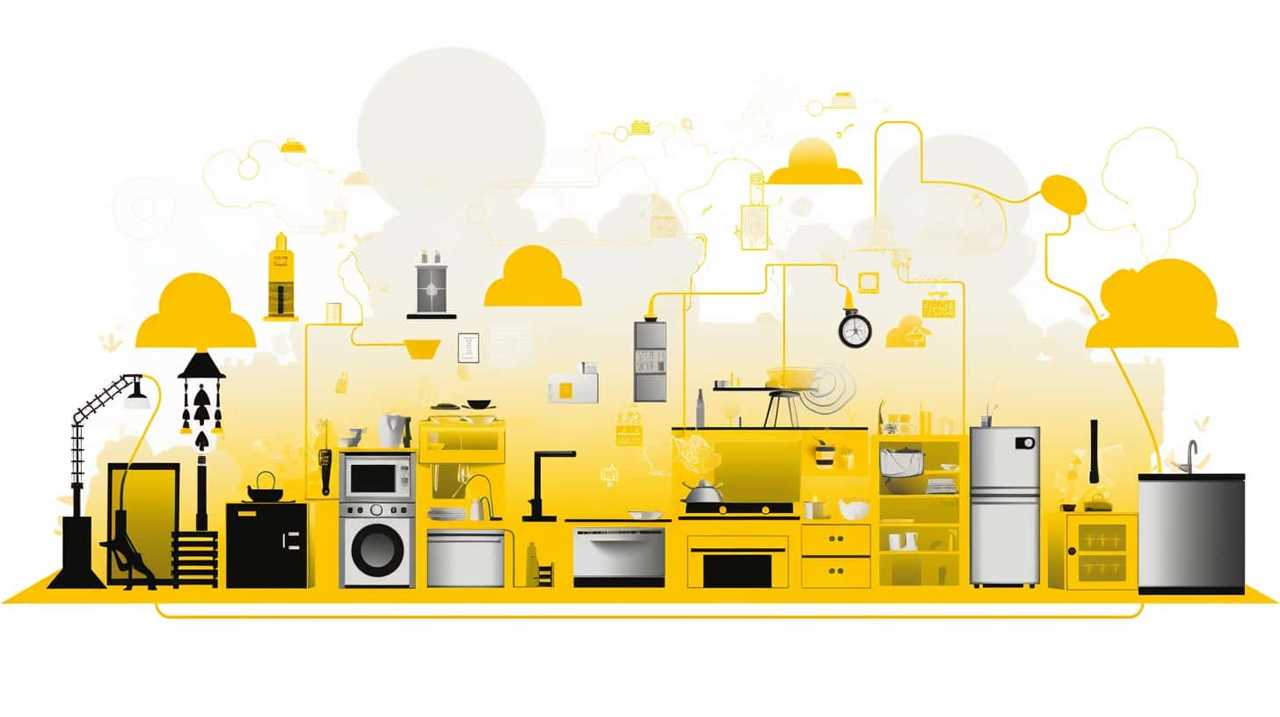
It’s important to check the specific requirements and limitations of your extended warranty to ensure a smooth transfer process. By transferring the warranty, you provide peace of mind to the new owner and protect them against any unexpected repair or replacement costs.
What Happens if My Commercial Appliance Breaks Down Multiple Times During the Extended Warranty Period?
If your commercial appliance breaks down multiple times during the extended warranty period, you may be eligible for claim reimbursement. The repair or replacement timeline will depend on the terms and conditions of your warranty.
It’s important to thoroughly review the warranty agreement to understand the process and any limitations. Our team is here to help ensure that your claims are handled efficiently and that you receive the necessary repairs or replacements in a timely manner.
Is There a Limit to the Number of Claims I Can Make Under an Extended Warranty for My Commercial Appliance?
There are limitations to the number of claims we can make under an extended warranty for our commercial appliance.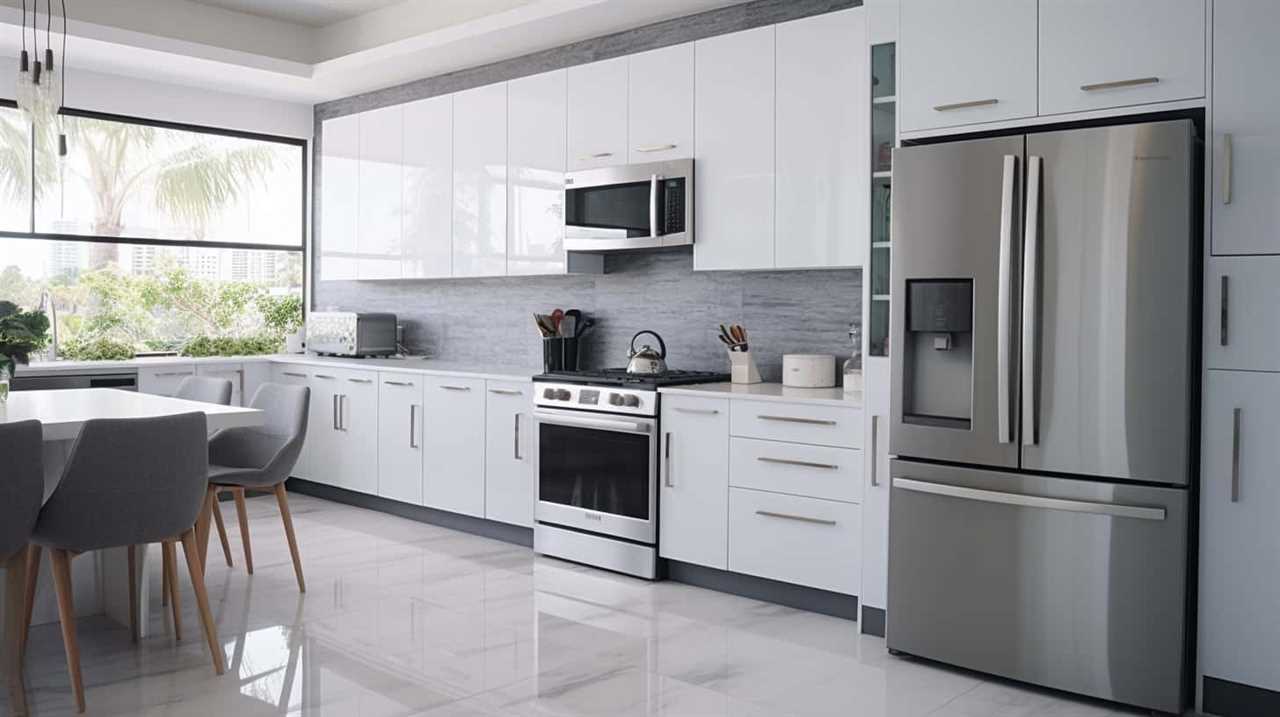
However, it’s important to note that extended warranties offer numerous benefits for commercial appliances. They provide peace of mind by covering repairs and replacements, reducing downtime and maintenance costs.
Conclusion
In conclusion, when it comes to extended commercial appliance warranties, there are several crucial considerations to keep in mind.
Firstly, choosing the right provider is essential. It’s important to research and compare different warranty providers to ensure they have a good reputation and offer comprehensive coverage.
Understanding coverage and exclusions is also crucial. Businesses should carefully review the terms and conditions of the warranty to know exactly what is covered and what is not. This will help avoid any surprises or disappointments down the line.
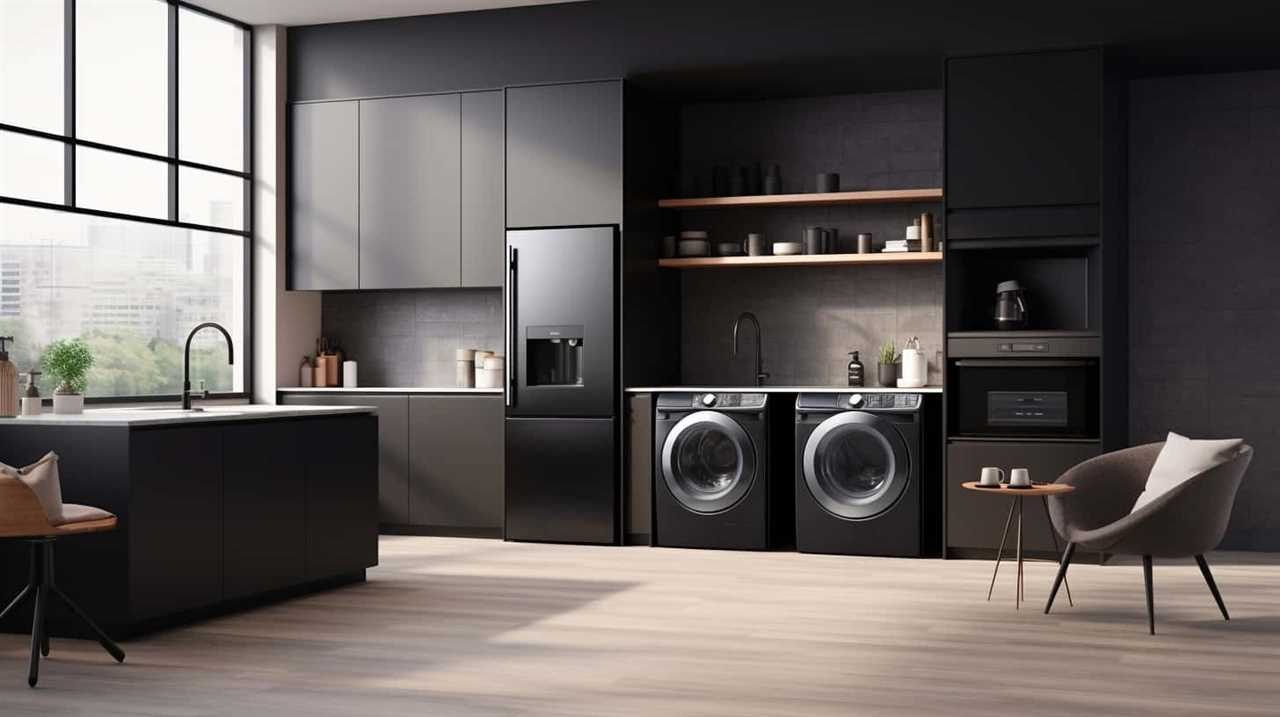
Evaluating cost and value is another important factor. Businesses should consider the cost of the warranty in relation to the potential repair or replacement costs of the appliances. They should also assess the value of the warranty by considering additional benefits such as extended service hours or priority service.
Lastly, maximizing benefits is key. Businesses should take advantage of all the benefits offered by the warranty, such as regular maintenance or discounted repairs. This will help ensure the appliances are well-maintained and any issues are addressed promptly.
By following these smart tips, businesses can make informed decisions that protect their investments. Just like a well-oiled machine, a well-chosen warranty can provide peace of mind and keep the business running smoothly. So don’t leave your appliances vulnerable, take action and secure their longevity today.
- About the Author
- Latest Posts
Introducing Charles, the Editor in Chief at ByRetreat, whose passion for interior design and editorial excellence elevates every remote workspace to new heights. With his keen eye for detail, impeccable taste, and expertise in design, Charles brings a wealth of knowledge and creativity to the ByRetreat team.
As the Editor in Chief of a renowned lifestyle blog, Charles has honed his skills in curating captivating content and staying up-to-date with the latest trends in interior design. His deep understanding of aesthetics and the power of storytelling through design enables him to create remote workspaces that are not only visually stunning but also rich in personality and meaning.
Appliances
3 Essential DIY HVAC Maintenance Tips Unveiled

Ah, the pleasures of tending to our HVAC systems! We understand the excitement of dedicating our valuable time to the upkeep and repair of these marvelous devices. But do not worry, dear reader, as we have revealed the tips to becoming skilled at DIY HVAC maintenance.
In this guide, we will unveil three essential tips that will ensure your HVAC system remains in perfect harmony. Get ready to dive into the world of air filters, thermostat settings, and outdoor condenser units. We will show you how to clean, check, and clear with ease, all while achieving that coveted mastery over your HVAC system.
So, let’s roll up our sleeves and get down to business, shall we?
Key Takeaways
- Regular maintenance, including cleaning air filters and checking thermostat settings, is essential for optimal HVAC system performance.
- Cleaning or replacing air filters prevents clogging and maintains a healthy indoor environment.
- Checking and maintaining thermostat settings ensures accurate temperature control and programming.
- Clearing debris from the outdoor condenser unit improves its performance and prevents airflow restriction.
Cleaning Air Filters Regularly
We recommend cleaning air filters regularly to ensure proper airflow and maintain optimal HVAC system performance. Replacing air filters is a crucial part of HVAC maintenance that often gets overlooked.
Air filters play a significant role in improving indoor air quality by capturing dust, pollen, and other airborne particles. Over time, these particles can accumulate on the filters, causing them to become clogged and obstructing the airflow. This can result in reduced efficiency and increased energy consumption.
By cleaning or replacing air filters on a regular basis, you can prevent these issues and maintain a healthy indoor environment.
Cleaning air filters is a relatively simple task that can be done by the homeowner. Start by turning off the HVAC system and locating the air filter. Remove the filter and inspect it for any visible dirt or debris. If the filter is washable, gently clean it with water and a mild detergent. Allow it to dry thoroughly before reinstalling. If the filter isn’t washable, it should be replaced with a new one. Remember to check the manufacturer’s recommendations for the appropriate filter type and replacement schedule.
Checking and Maintaining Thermostat Settings
To ensure optimal HVAC system performance, it’s important to regularly check and maintain the thermostat settings. The thermostat acts as the control center for your heating and cooling system, allowing you to adjust the temperature and program a schedule that suits your needs.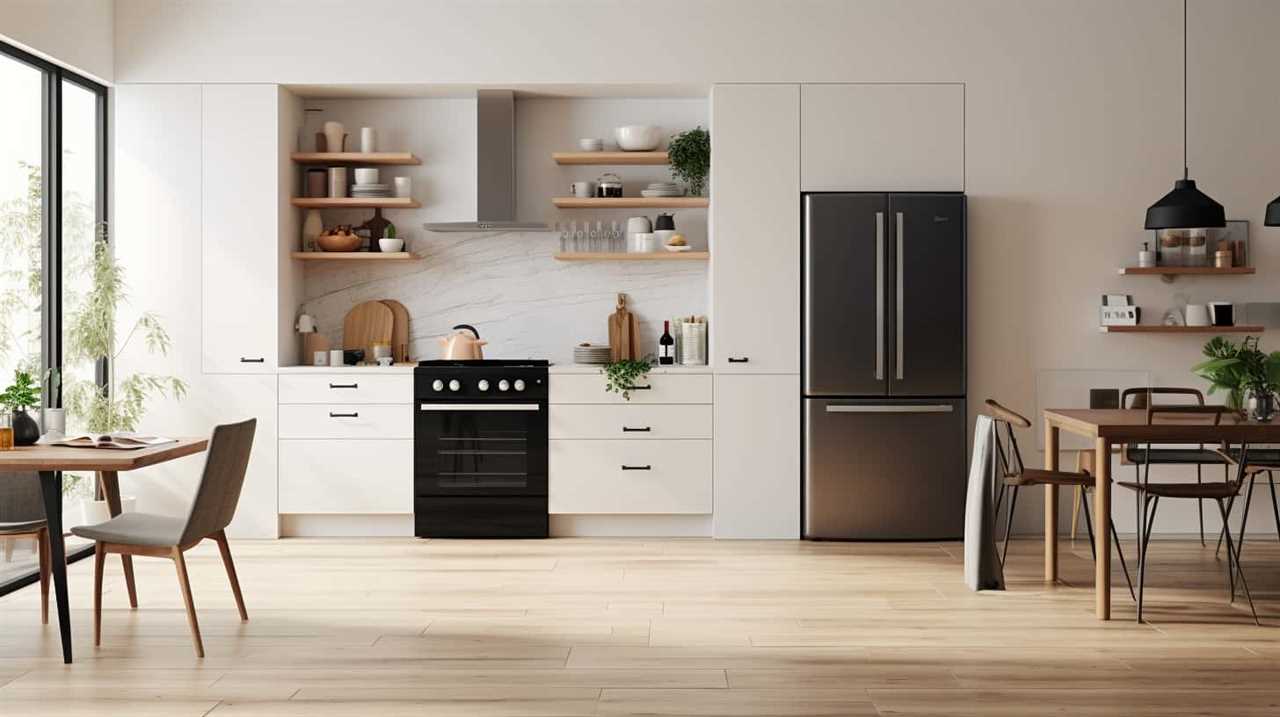
Start by adjusting the temperature settings to the desired level. This can be done manually or through programming. If you prefer a consistent temperature throughout the day, programming a schedule can help save energy and maintain comfort. Make sure to set different temperatures for when you’re away from home or asleep.
Regularly check the accuracy of your thermostat by comparing it to a separate thermometer. If there’s a discrepancy, recalibrate the thermostat to ensure accurate readings.
Keep the thermostat clean and free from dust and debris. Use a soft cloth to wipe away any buildup that may affect its functionality.
Lastly, check the batteries in your thermostat. Dead or low batteries can cause the thermostat to malfunction. Replace them as needed to ensure proper operation.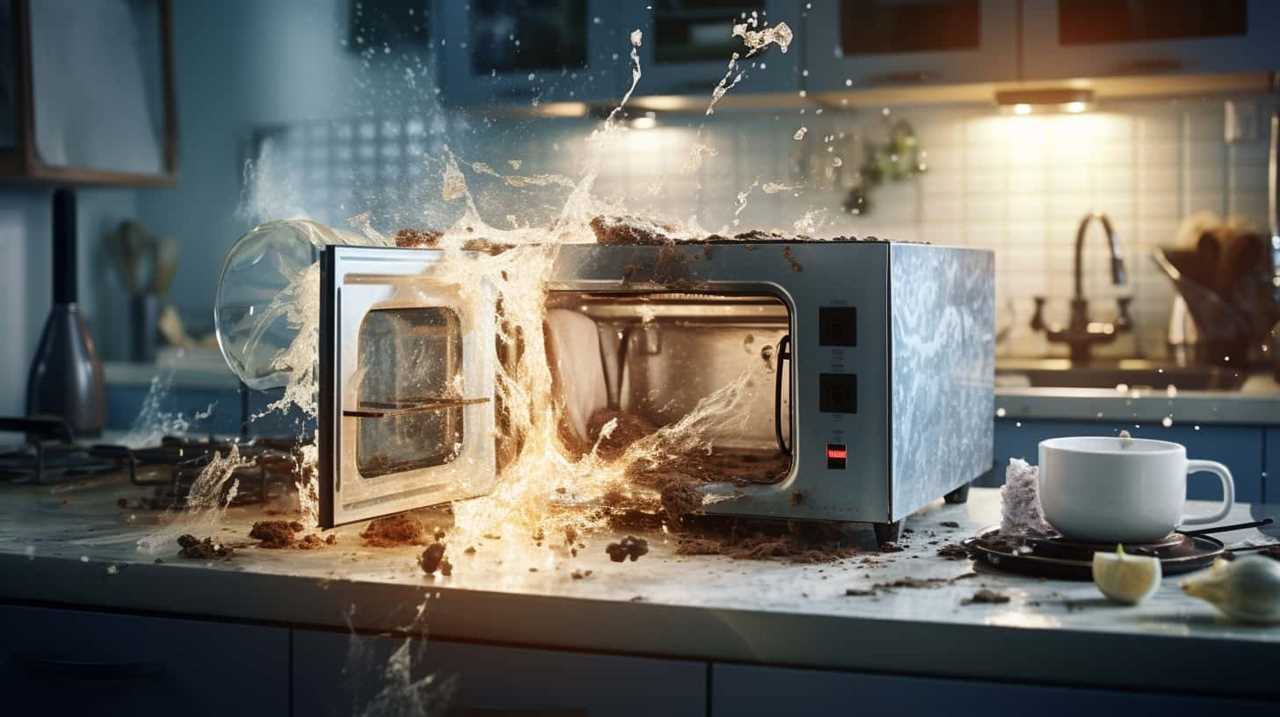
Clearing Debris From Outdoor Condenser Unit
Clearing debris from the outdoor condenser unit involves removing any dirt, leaves, and other obstructions that can hinder its performance. It’s important to regularly inspect and clean the condenser coil to ensure optimal functioning of the HVAC system.
To begin, it’s crucial to remove any vegetation that may have grown around the outdoor condenser unit. Plants, shrubs, or trees that are too close to the unit can restrict airflow and reduce its efficiency. Cut back any overhanging branches or foliage that may block the airflow and impede the unit’s ability to cool the air effectively.
Next, inspect the condenser coil for any debris buildup. Over time, dirt, leaves, and other particles can accumulate on the coil, obstructing the airflow and reducing its heat transfer capabilities. Gently brush away any debris using a soft-bristle brush or a vacuum cleaner with a brush attachment. Be careful not to damage the delicate fins of the coil during the cleaning process.
In addition to removing debris, it’s essential to inspect the coil for any signs of damage or corrosion. If any bent fins are detected, use a fin comb to straighten them out carefully. If there’s significant damage or corrosion, it’s recommended to contact a professional HVAC technician for further assessment and repair.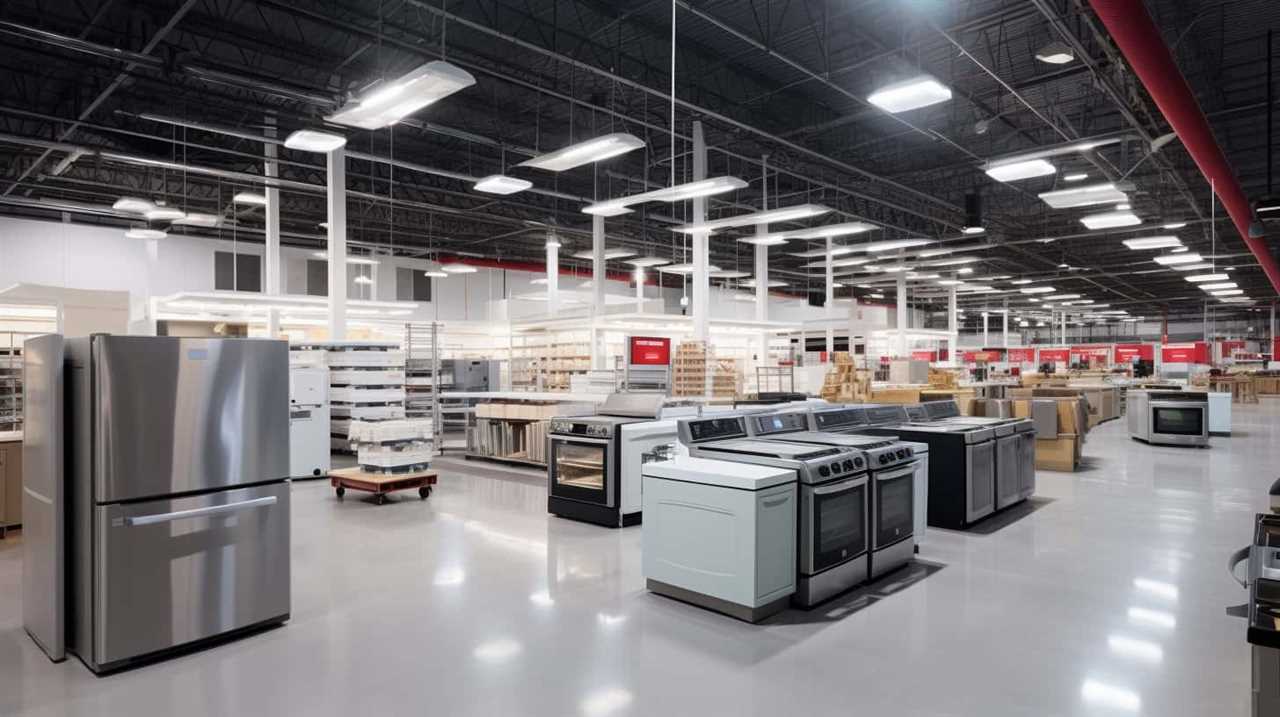
Regularly clearing debris and maintaining the condenser coil will help ensure that the outdoor unit operates efficiently and prolong its lifespan. By following these simple steps, you can optimize the performance of your HVAC system and maintain a comfortable indoor environment.
Frequently Asked Questions
How Often Should I Clean or Replace My Air Filters?
To improve the air quality in our homes, it’s essential to clean or replace air filters regularly. So, how often should we clean or replace them?
It’s recommended to clean or replace air filters every 1 to 3 months, depending on factors like the type of filter, the level of pollutants, and the frequency of HVAC system usage. Regular maintenance ensures that the air flowing through our HVAC system is clean and healthy, promoting a comfortable and safe living environment.
Can I Use Any Type of Air Filter for My HVAC System?
Can we use any type of air filter for our HVAC system?
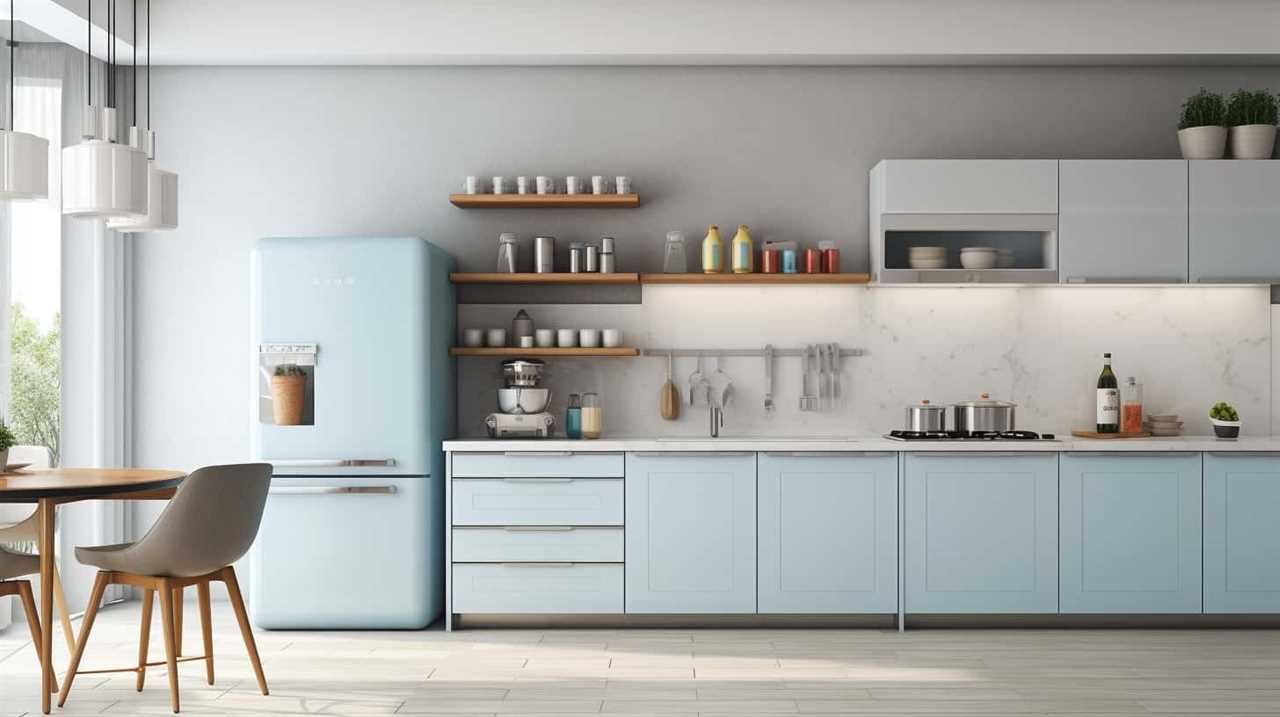
It’s important to understand that not all air filters are created equal. There are different types of air filters available in the market, each with its own specifications and benefits.
Using the right filter for your HVAC system is crucial in ensuring optimal performance and indoor air quality. It’s recommended to consult with a professional to determine the best filter for your specific system and needs.
Are There Any Specific Thermostat Settings I Should Be Aware of During Different Seasons?
During different seasons, it’s important to adjust thermostat programming to maximize energy efficiency. By setting higher temperatures in the summer and lower temperatures in the winter, you can reduce the workload on your HVAC system and save on energy costs.
Additionally, utilizing programmable thermostats can help automate these adjustments, ensuring optimal comfort and efficiency.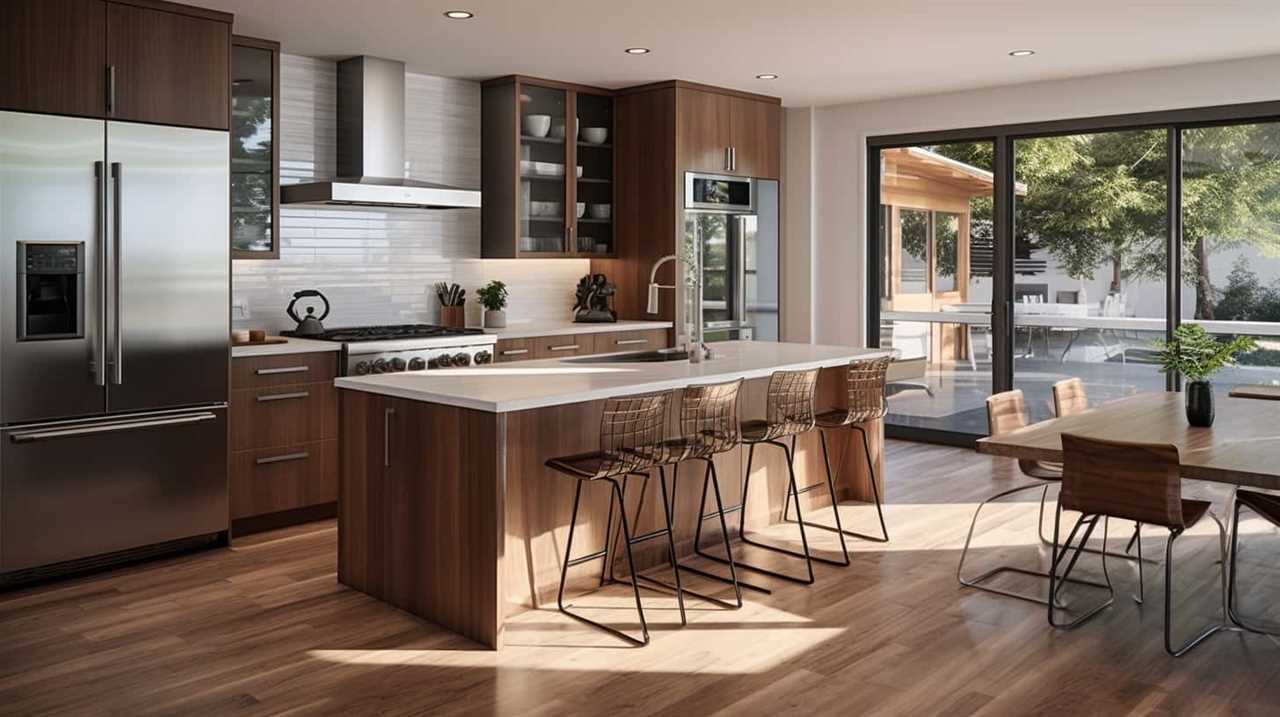
How Can I Determine if the Outdoor Condenser Unit Is Blocked by Debris?
To determine if the outdoor condenser unit is blocked by debris, we can look for certain signs.
One key indicator is reduced airflow coming from the unit. If you notice that the air isn’t flowing as strongly as before, it could be a sign of blockage.
Another sign to watch out for is unusual noises coming from the condenser, which could indicate damage.
Regularly inspecting and cleaning the unit will help prevent any potential issues and ensure optimal performance.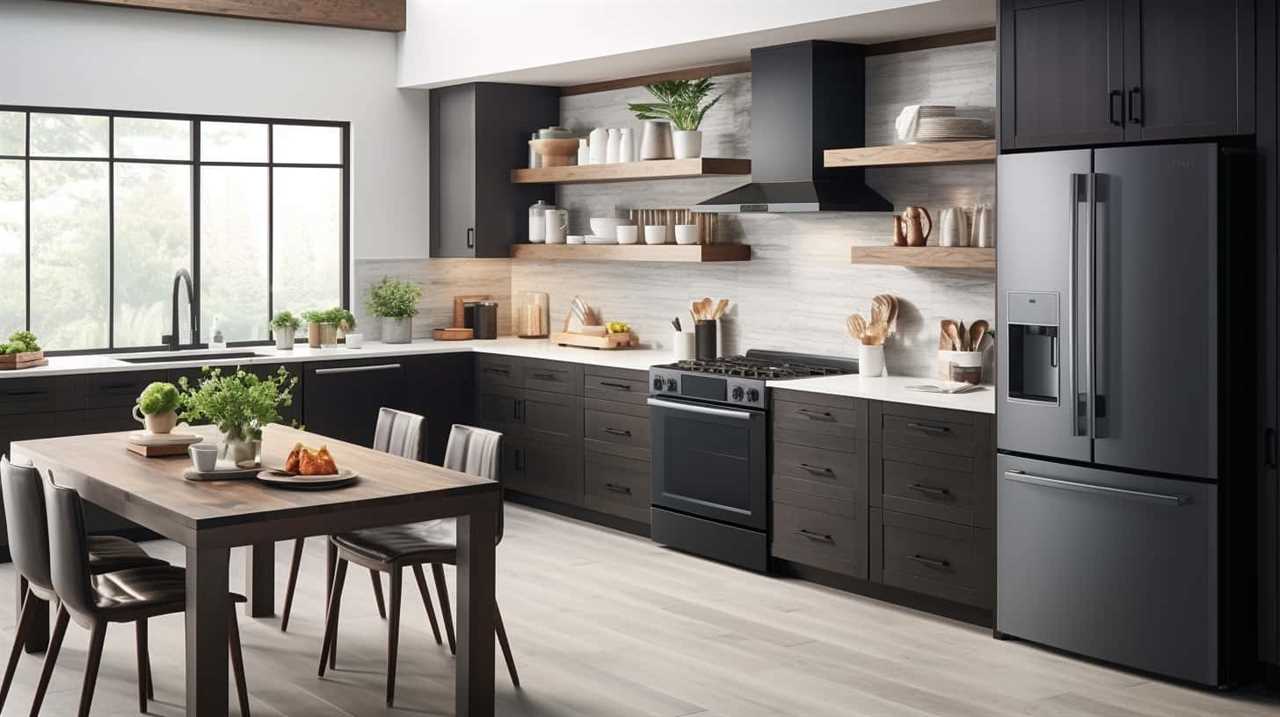
What Are the Potential Consequences of Not Regularly Cleaning the Air Filters or Clearing Debris From the Outdoor Condenser Unit?
Neglecting HVAC maintenance can lead to serious consequences. Regularly cleaning air filters and clearing debris from the outdoor condenser unit is of utmost importance. Failure to do so can result in reduced airflow, decreased efficiency, and higher energy bills.
Additionally, dirty filters can lead to poor indoor air quality and potential health issues. By prioritizing regular HVAC maintenance, we ensure optimal performance, extend the lifespan of our system, and create a healthier and more comfortable living environment.
Conclusion
In conclusion, by regularly cleaning air filters, checking and maintaining thermostat settings, and clearing debris from the outdoor condenser unit, homeowners can ensure optimal performance and efficiency of their HVAC systems.
These essential DIY maintenance tips not only extend the lifespan of the system but also improve indoor air quality and reduce energy consumption.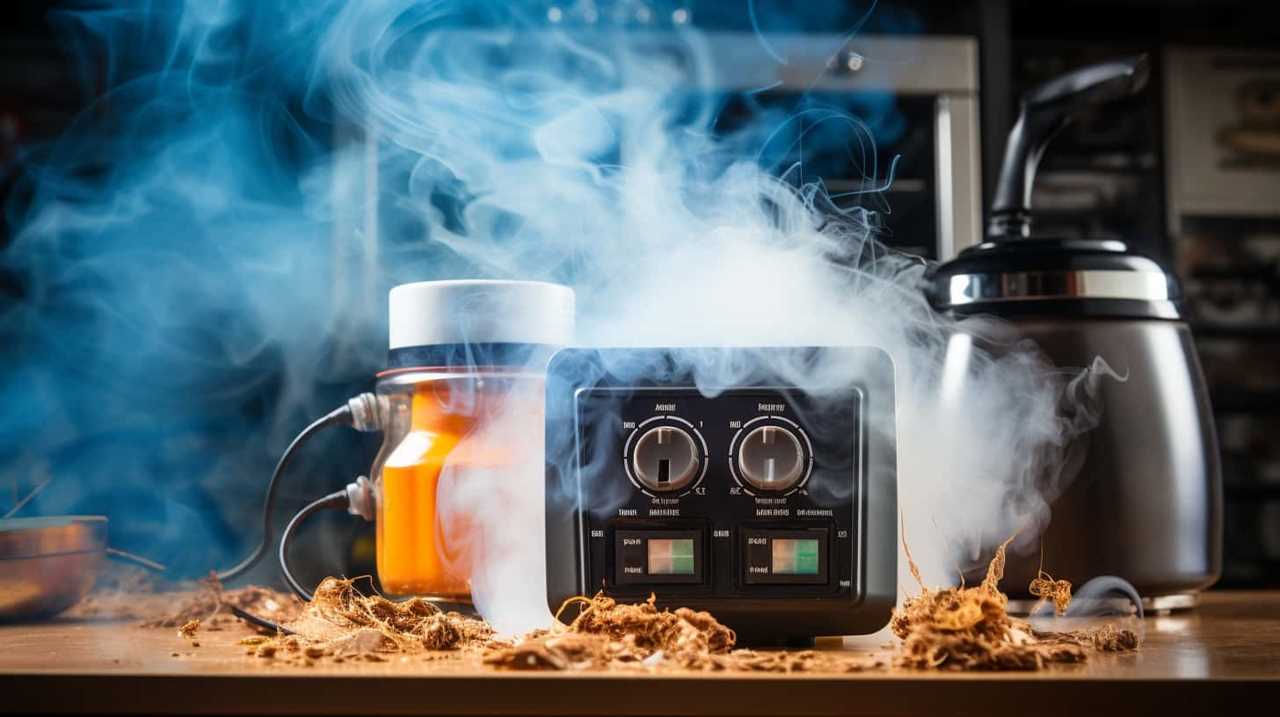
By taking these simple steps, homeowners can enjoy a comfortable and healthy living environment while saving on utility bills.
- About the Author
- Latest Posts
Introducing Charles, the Editor in Chief at ByRetreat, whose passion for interior design and editorial excellence elevates every remote workspace to new heights. With his keen eye for detail, impeccable taste, and expertise in design, Charles brings a wealth of knowledge and creativity to the ByRetreat team.
As the Editor in Chief of a renowned lifestyle blog, Charles has honed his skills in curating captivating content and staying up-to-date with the latest trends in interior design. His deep understanding of aesthetics and the power of storytelling through design enables him to create remote workspaces that are not only visually stunning but also rich in personality and meaning.
-

 Vetted23 mins ago
Vetted23 mins ago15 Best Plants for Large Pots to Transform Your Outdoor Space
-
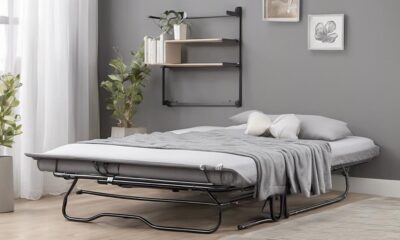
 Vetted2 days ago
Vetted2 days ago15 Best Folding Beds for Small Spaces – Space-Saving Solutions for Comfort and Convenience
-
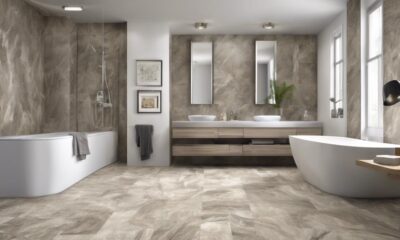
 Vetted23 hours ago
Vetted23 hours ago15 Best Waterproof Flooring Options for Your Bathroom – Ultimate Guide & Reviews
-

 Vetted6 days ago
Vetted6 days ago15 Best Grocery Carts to Make Shopping a Breeze
-

 Vetted2 weeks ago
Vetted2 weeks ago15 Best Gravel for Driveway: The Ultimate Guide for a Durable and Stunning Entrance
-

 Vetted4 days ago
Vetted4 days ago15 Best Steam Generators for Showering Bliss: Reviewed & Rated
-

 Beginners Guides3 weeks ago
Beginners Guides3 weeks agoI Inhaled Vinegar Fumes
-

 Vetted2 weeks ago
Vetted2 weeks ago15 Best Hot Tubs of 2024: Luxurious Relaxation at Your Fingertips
















